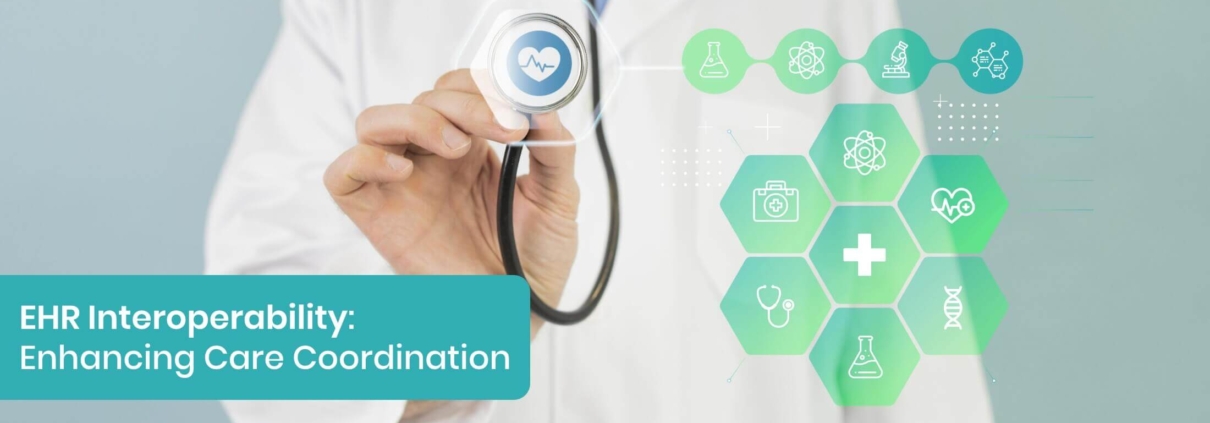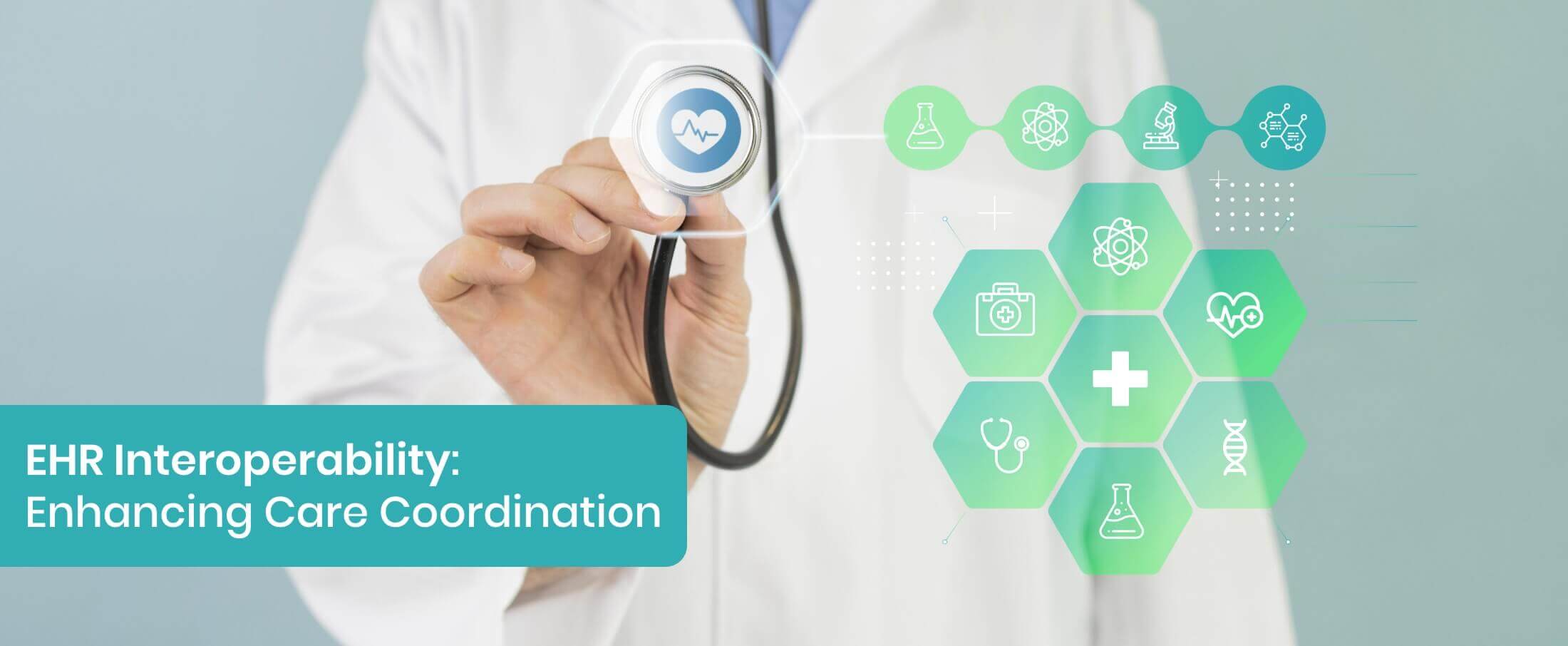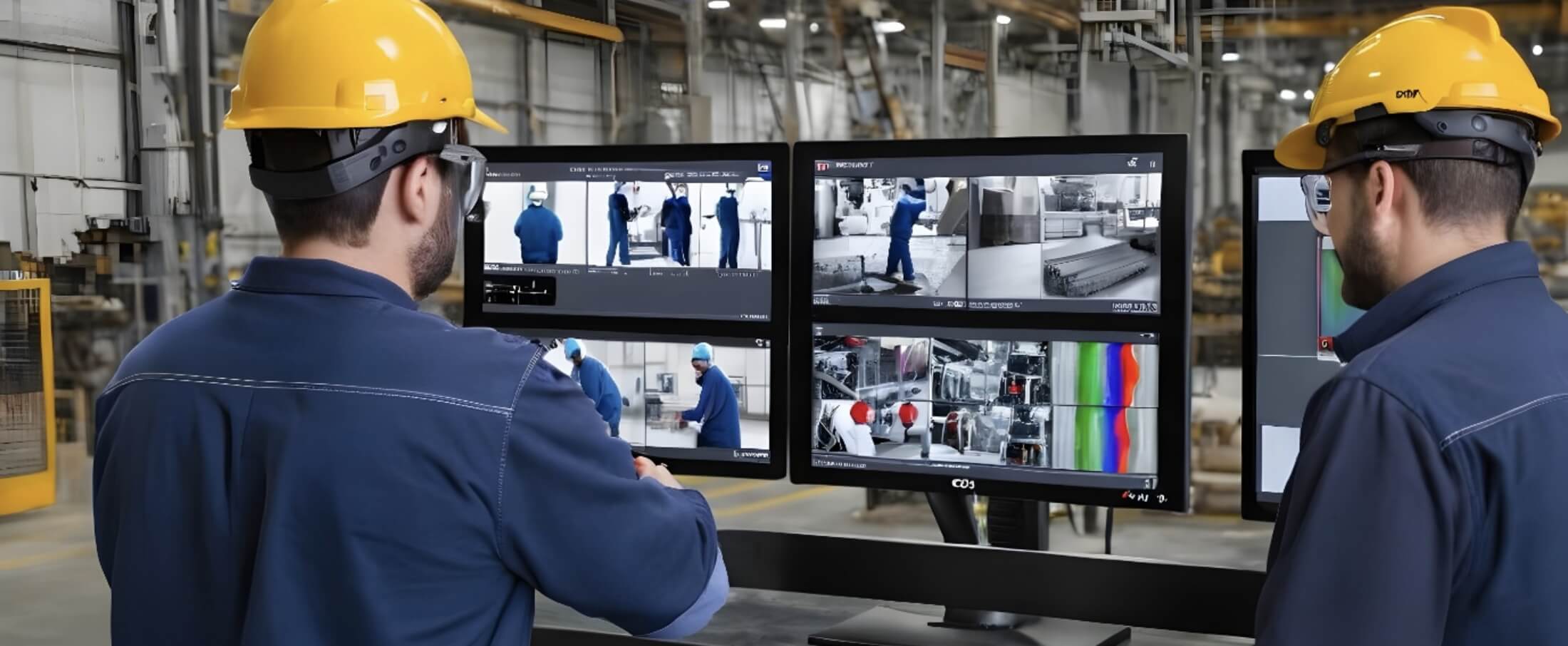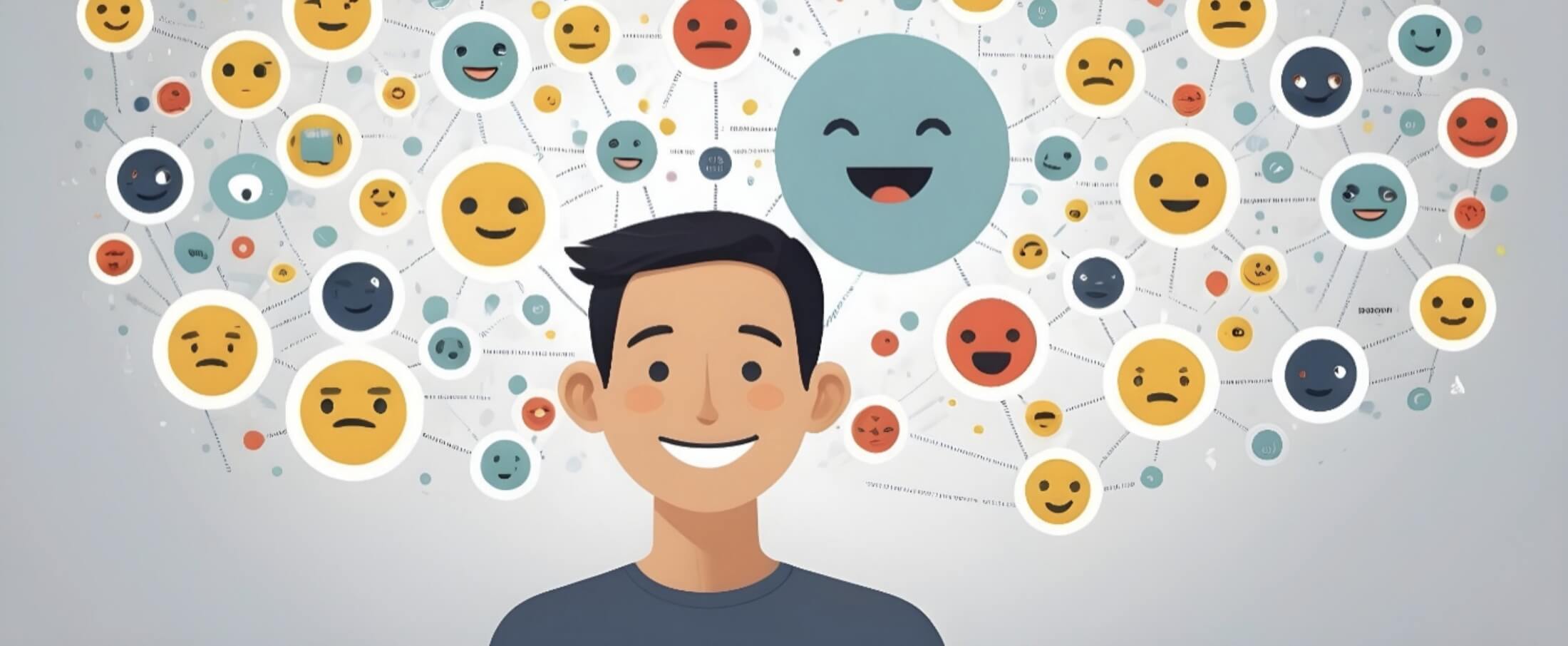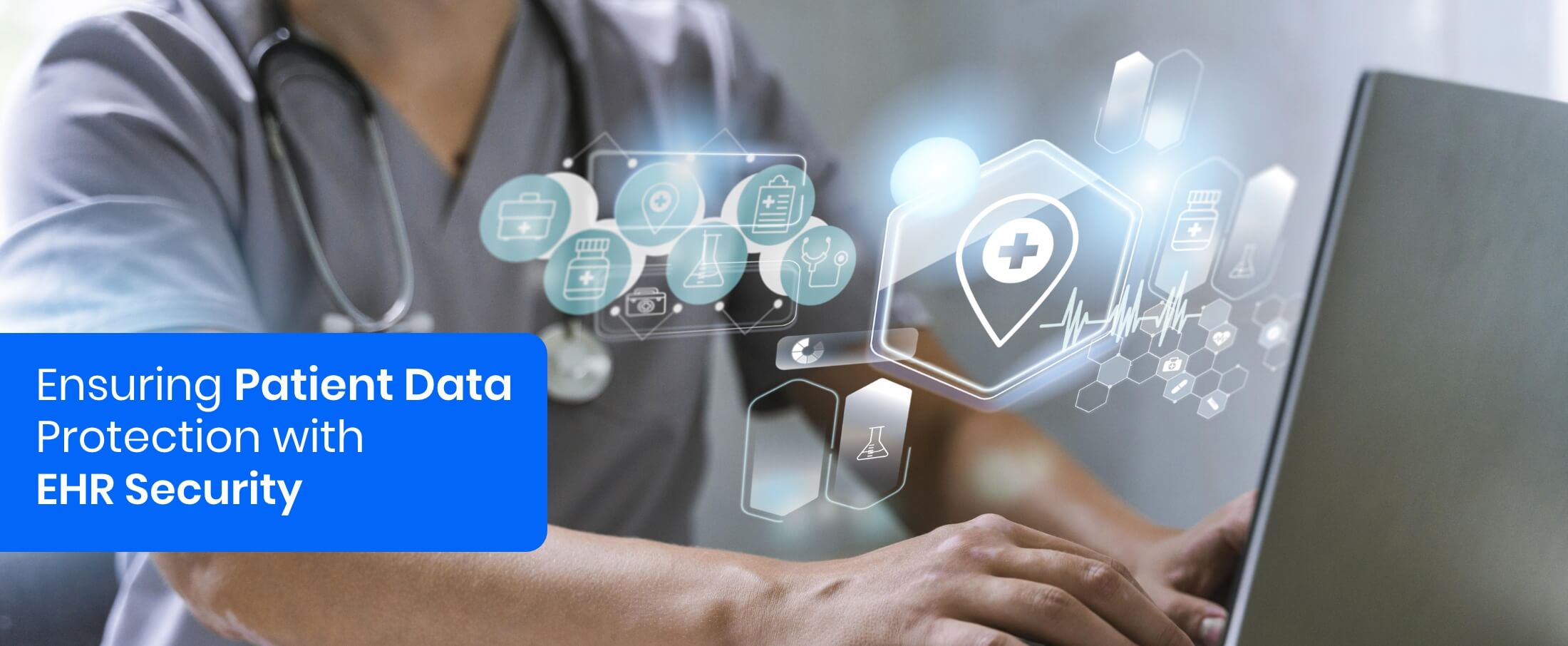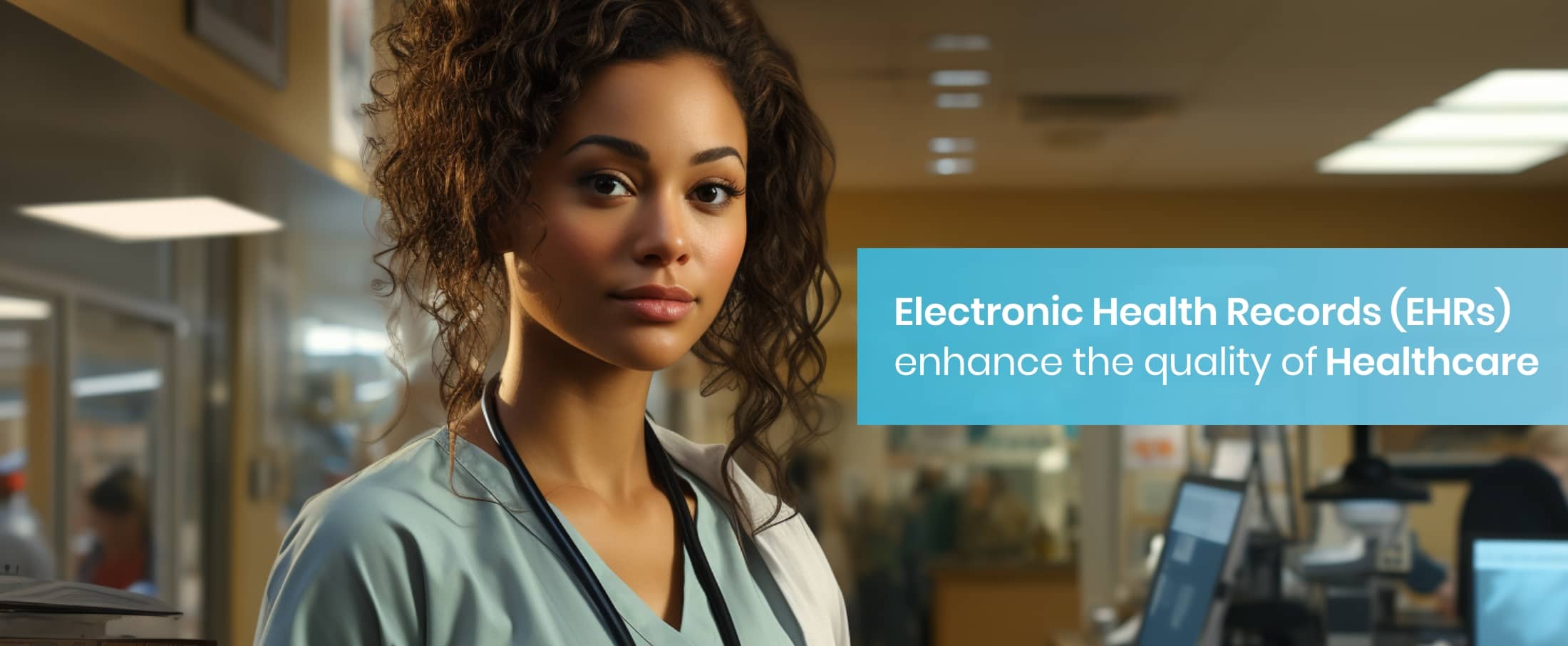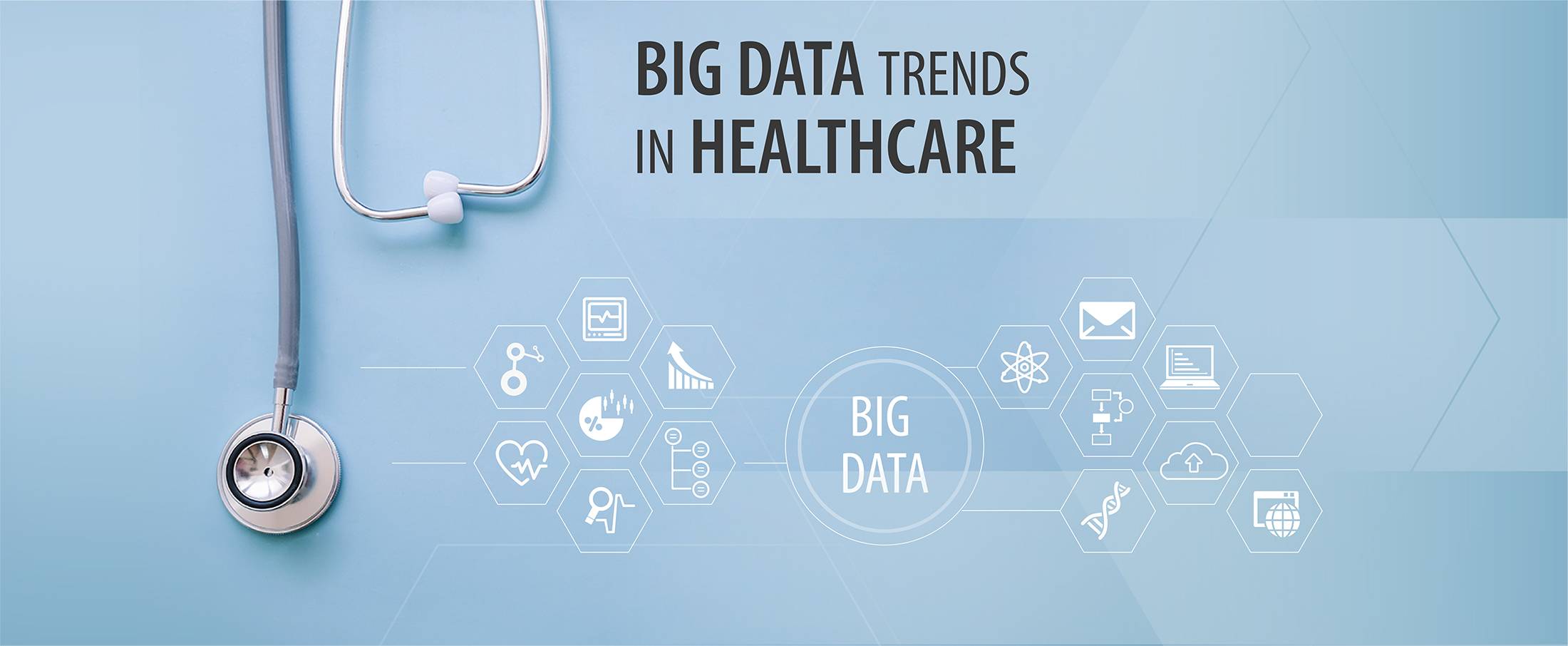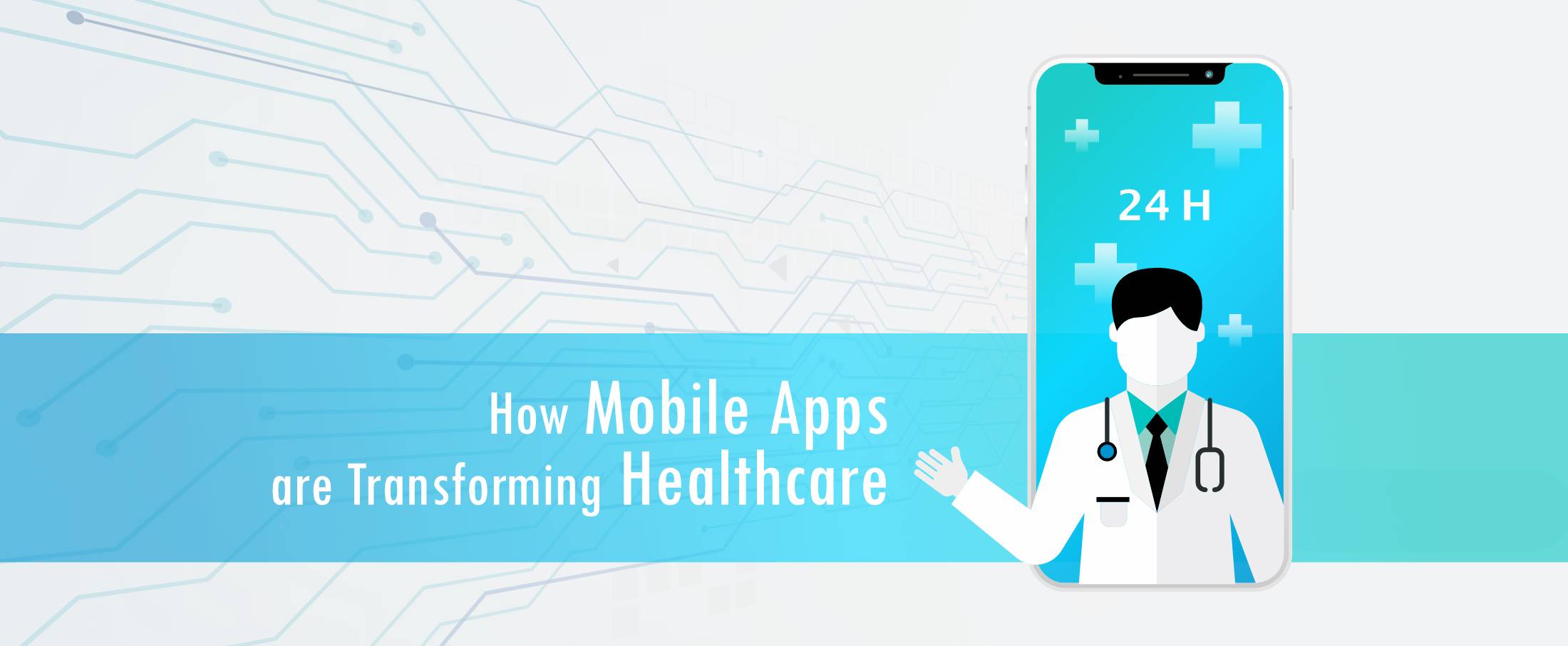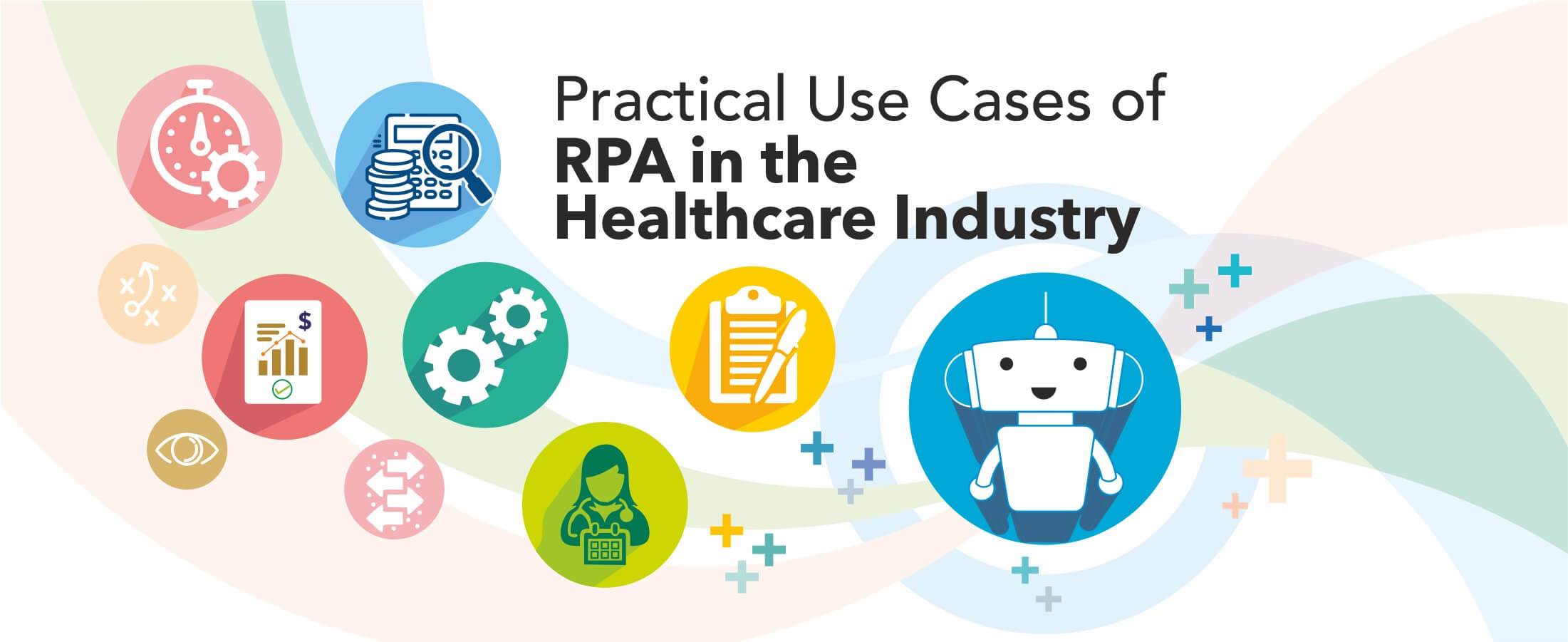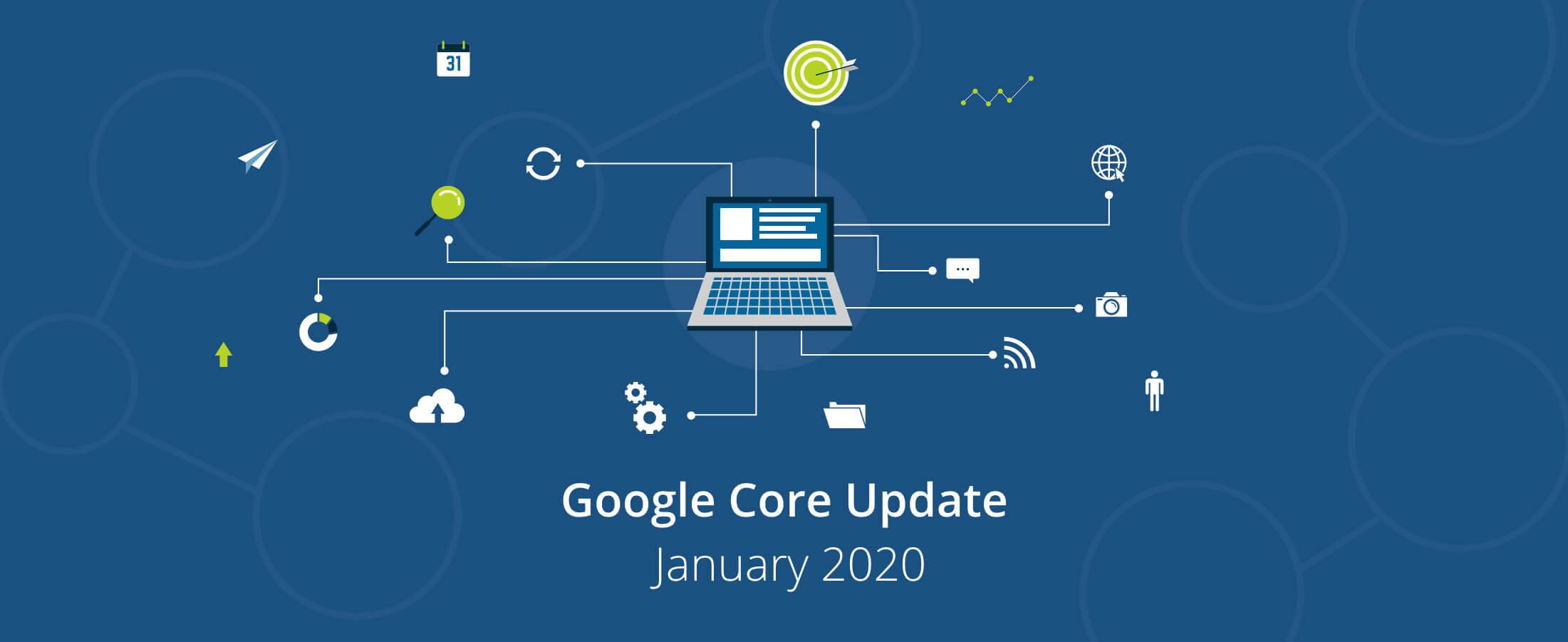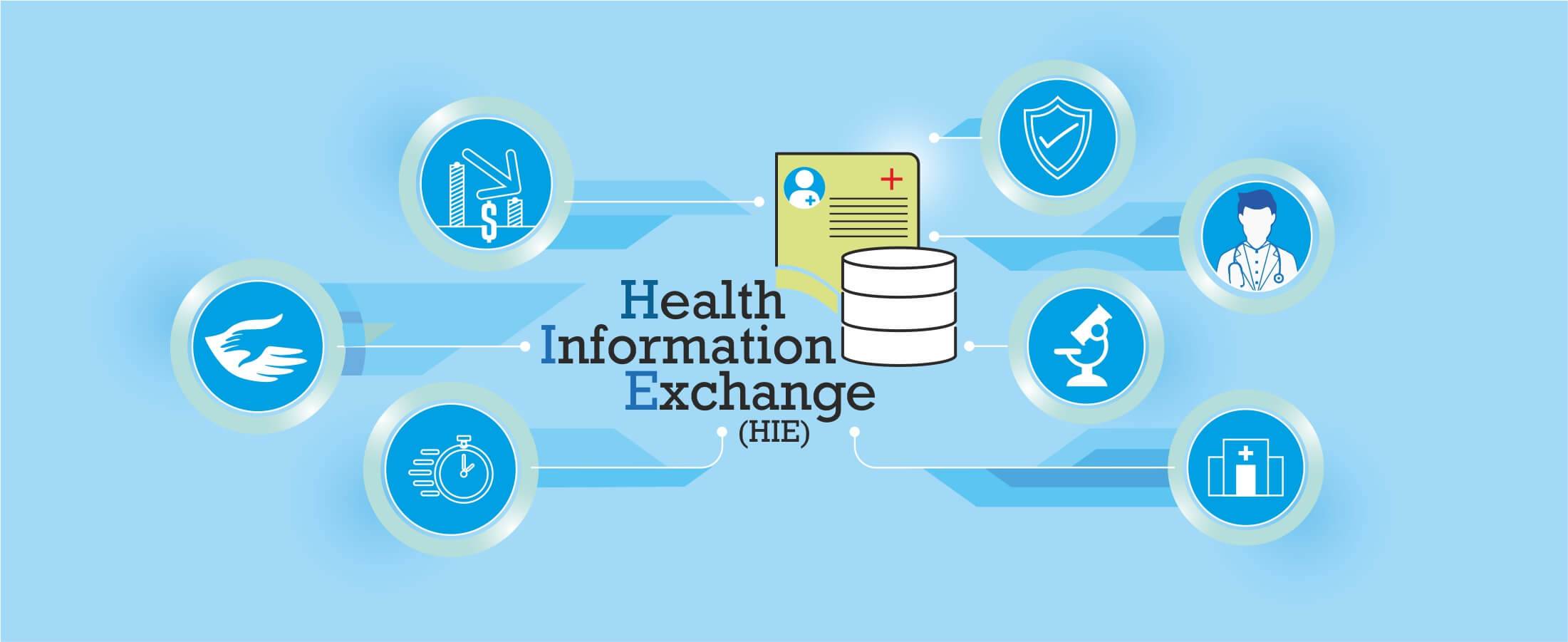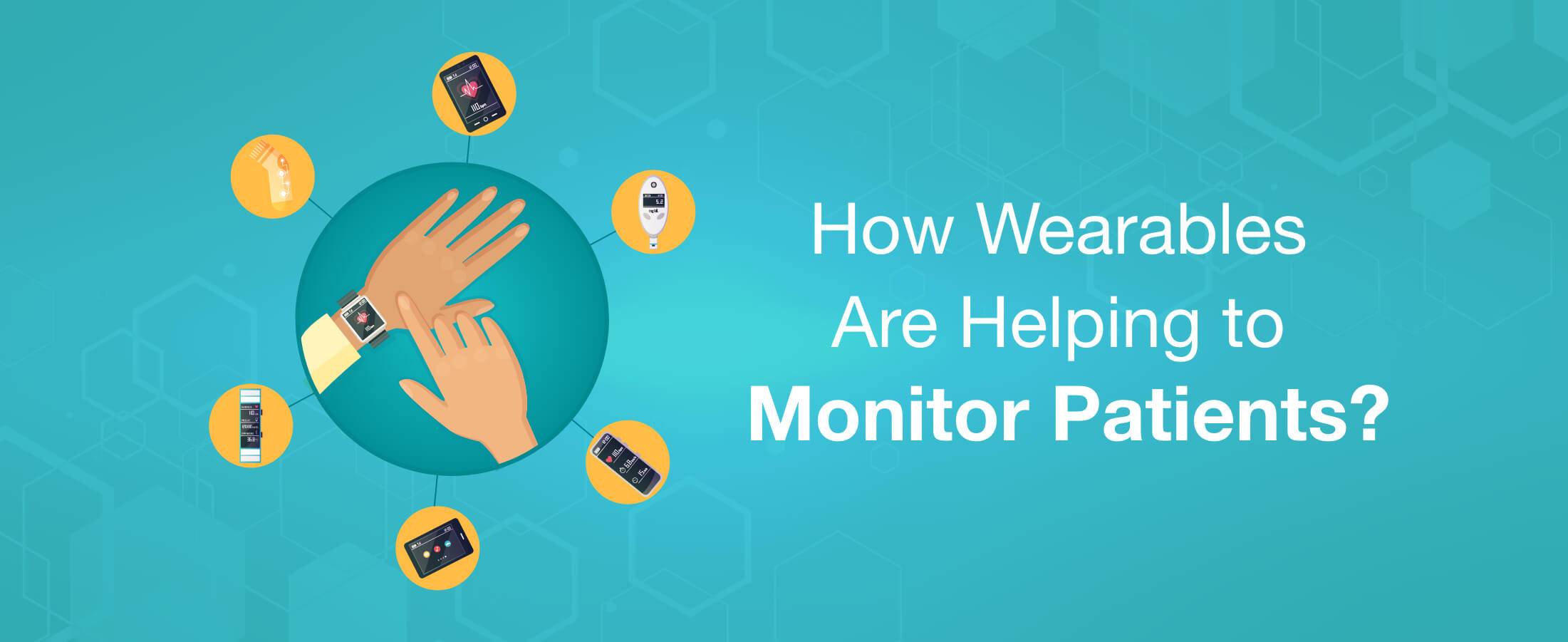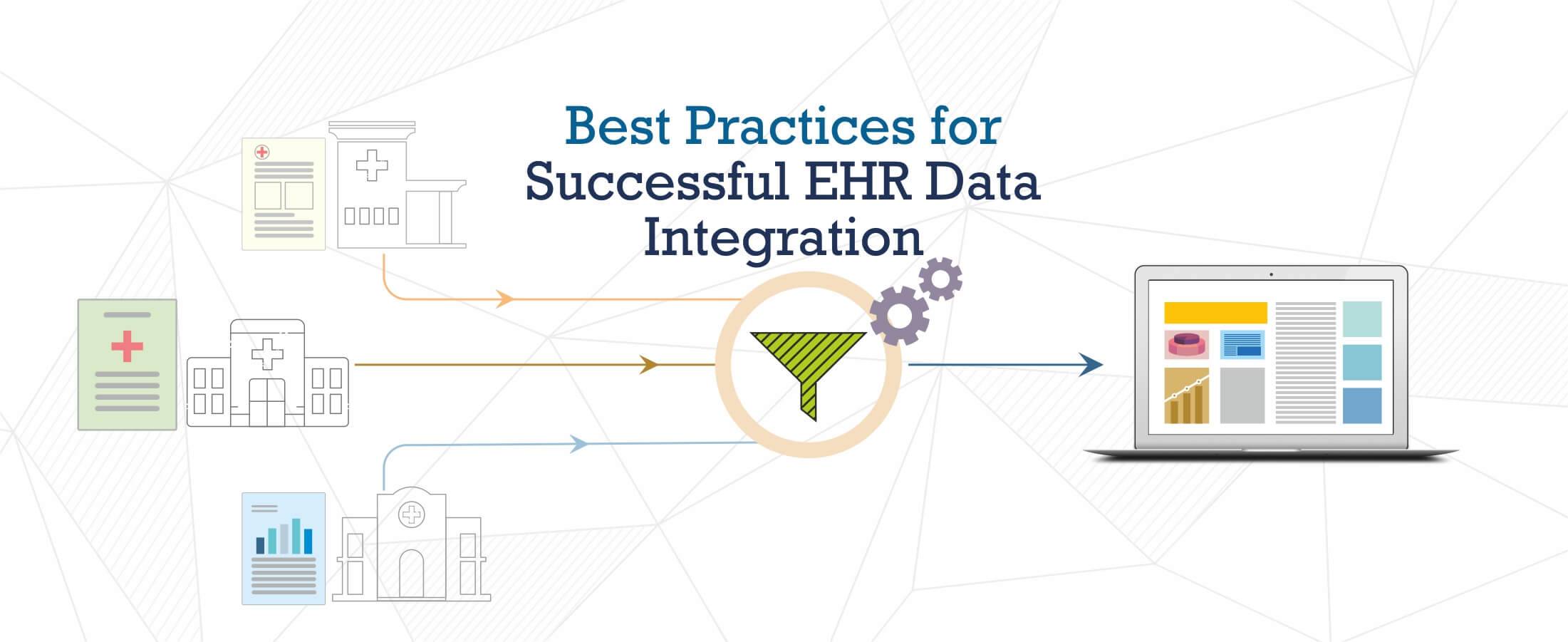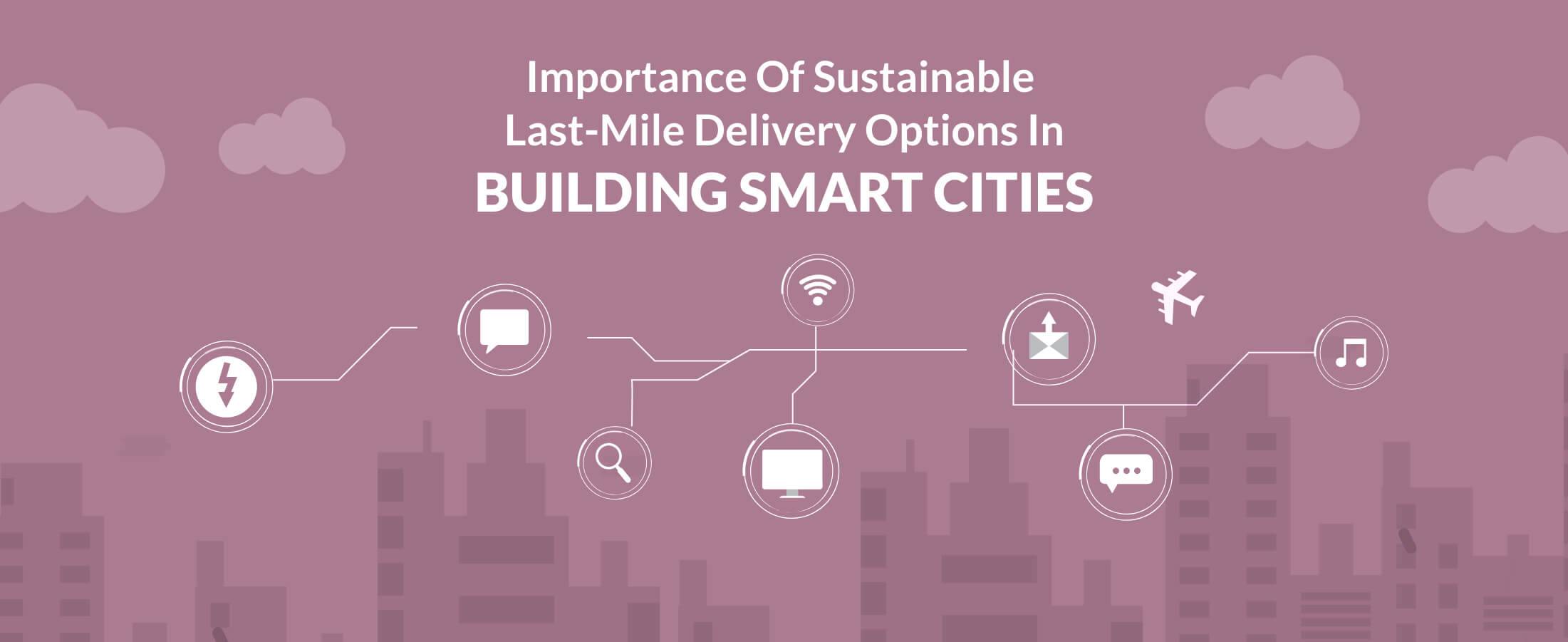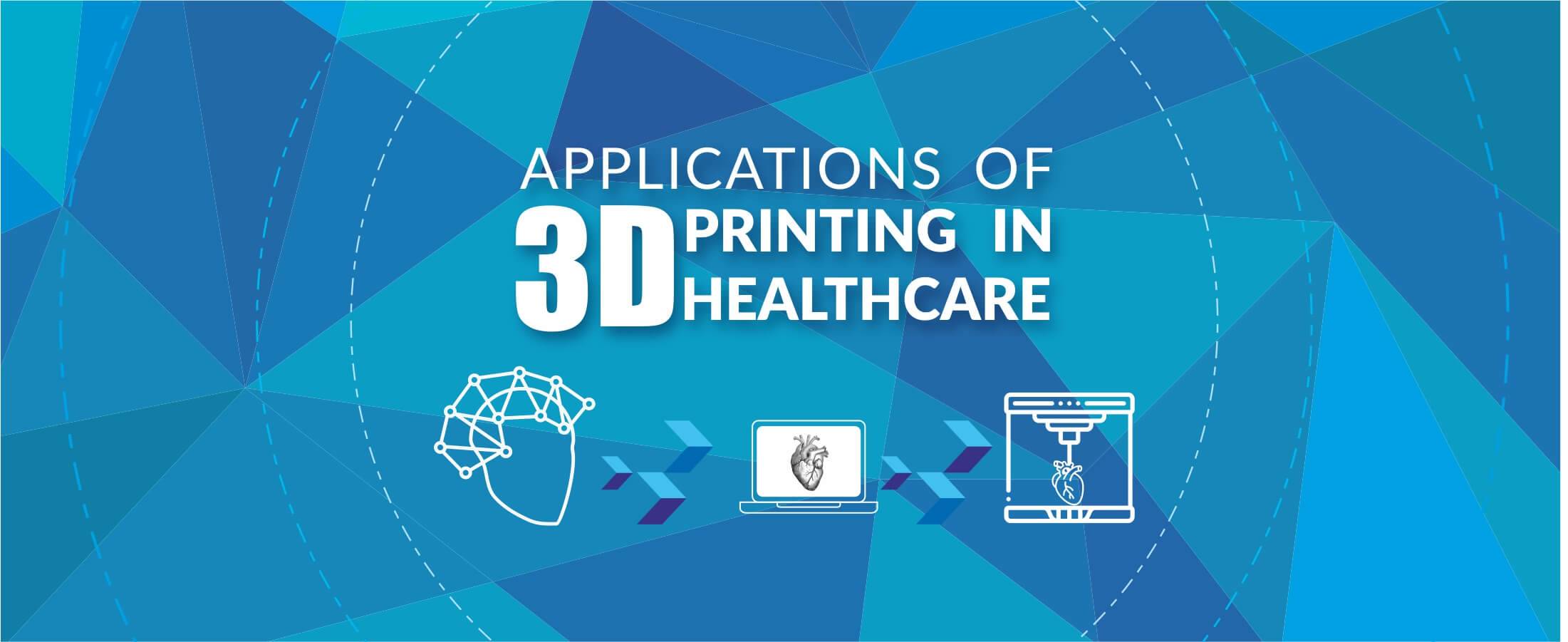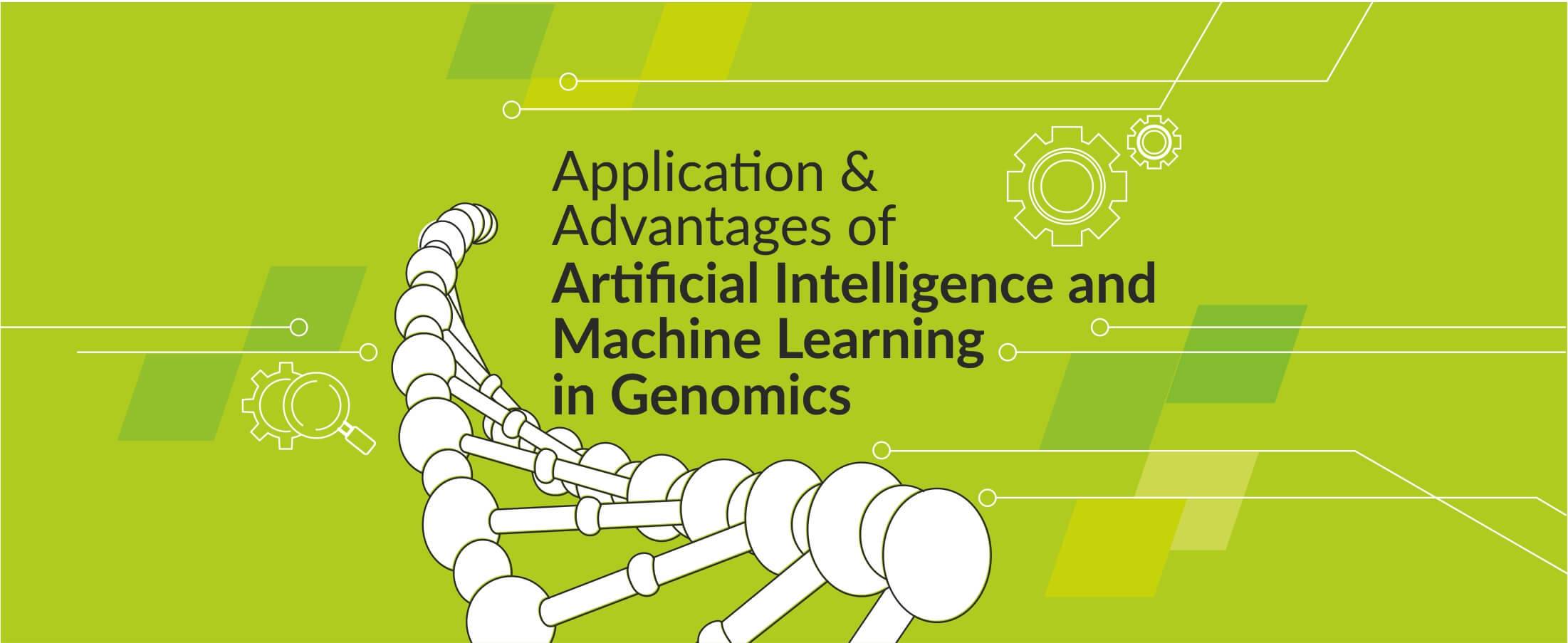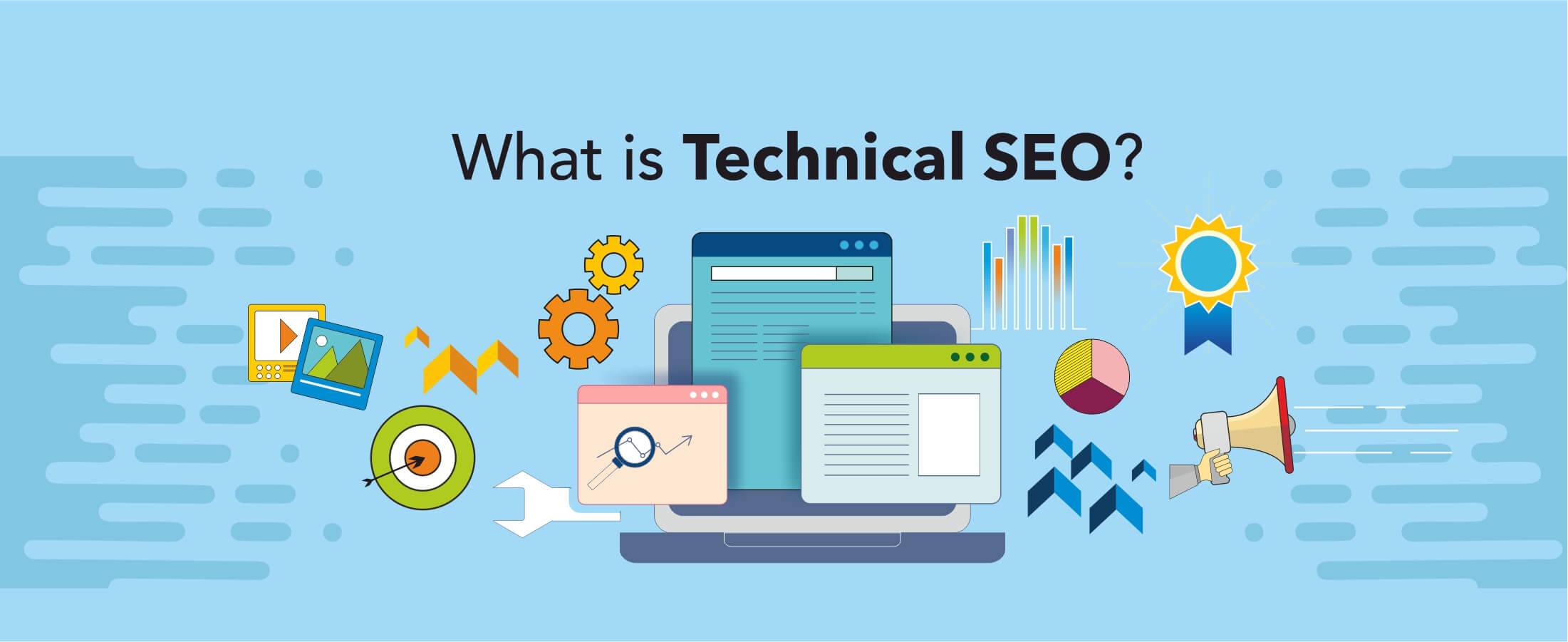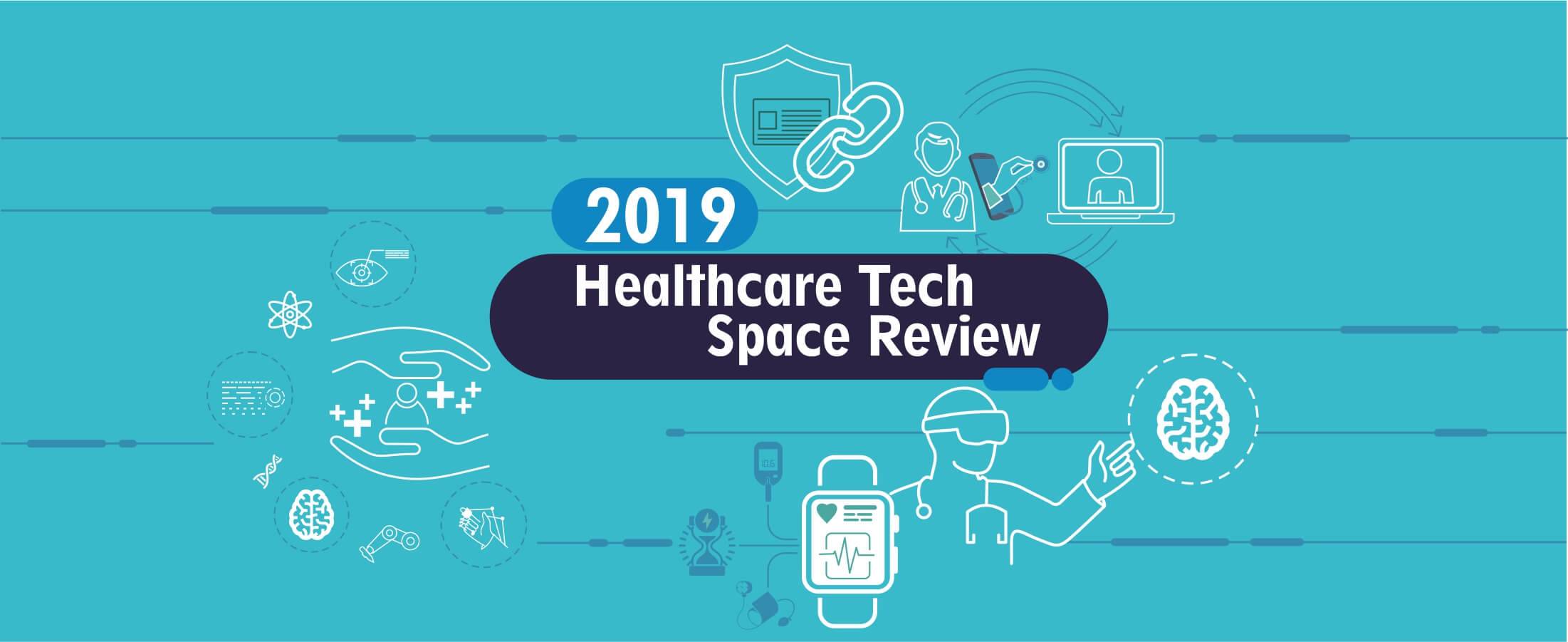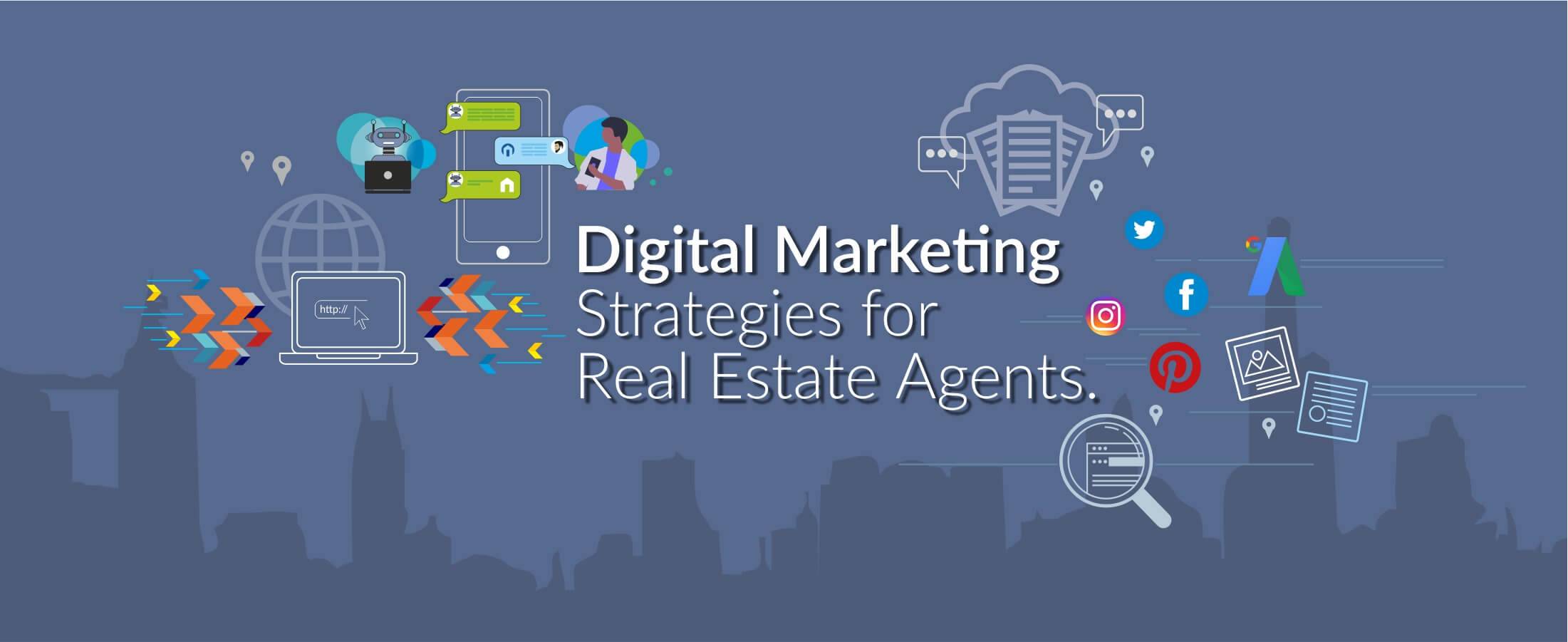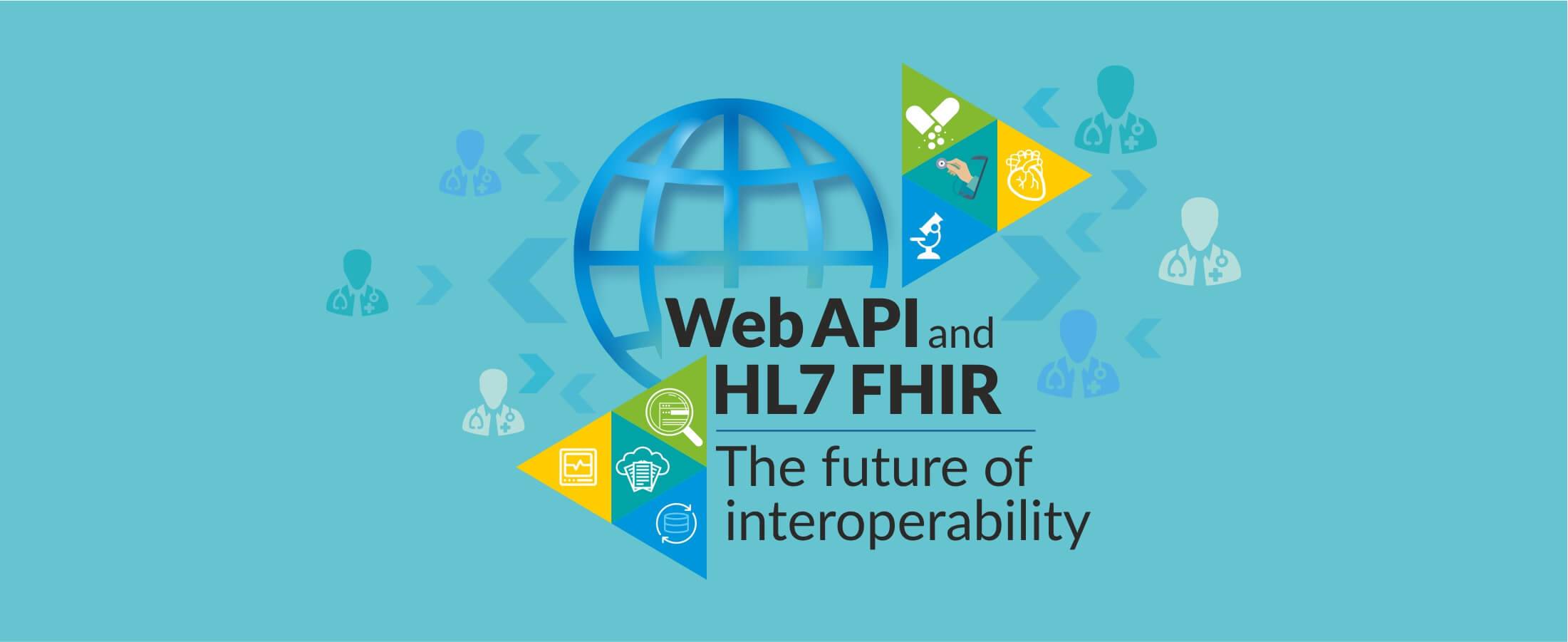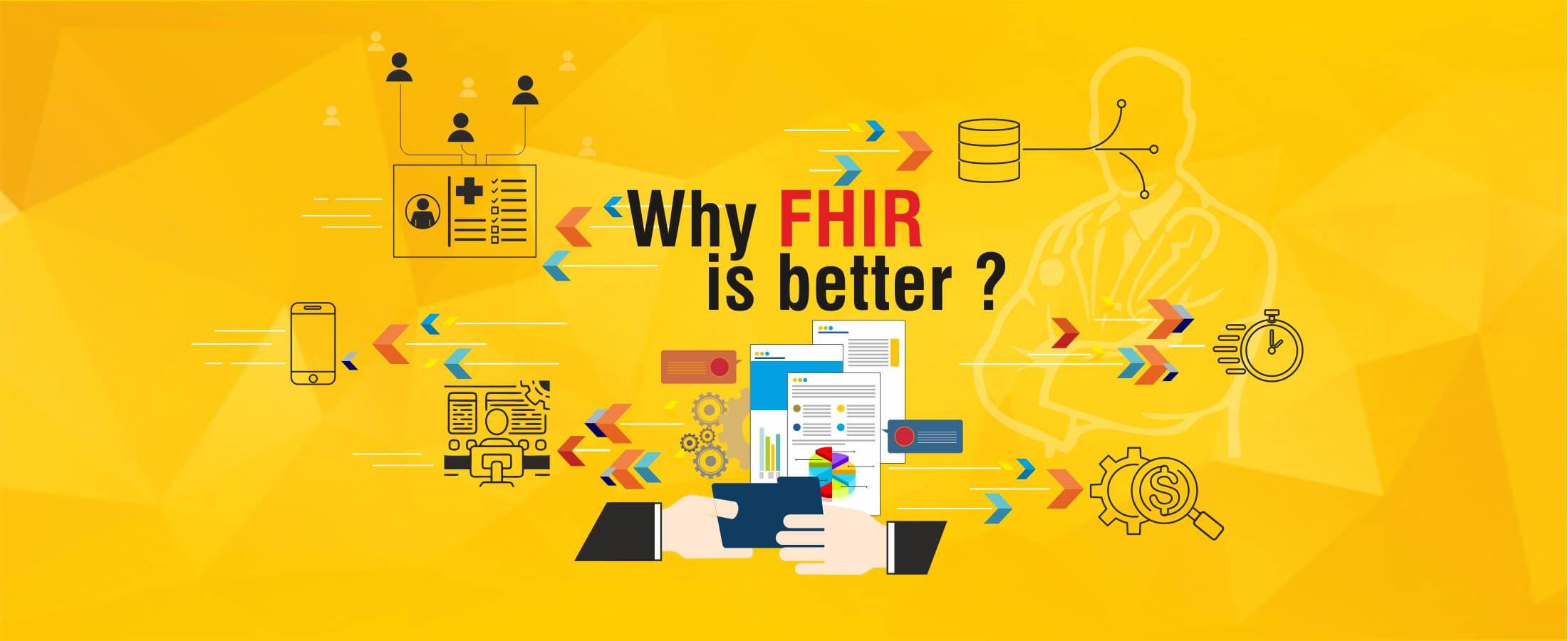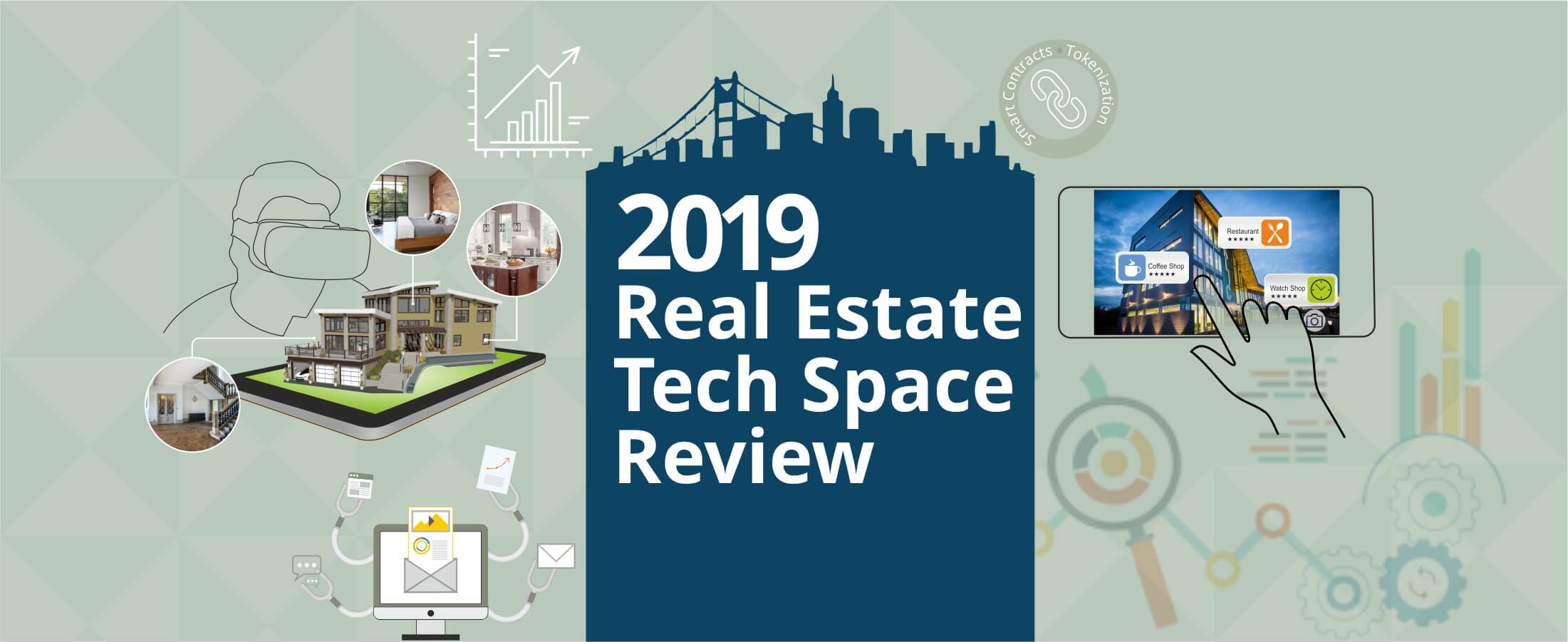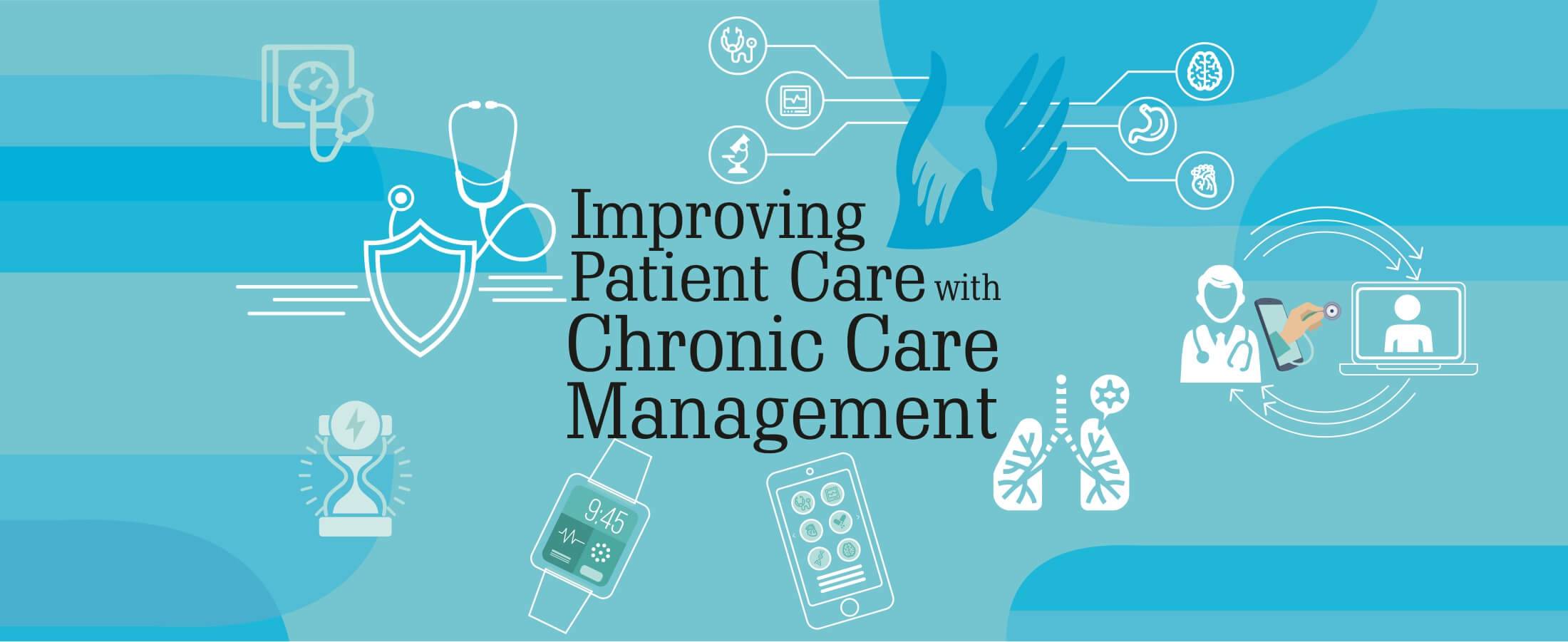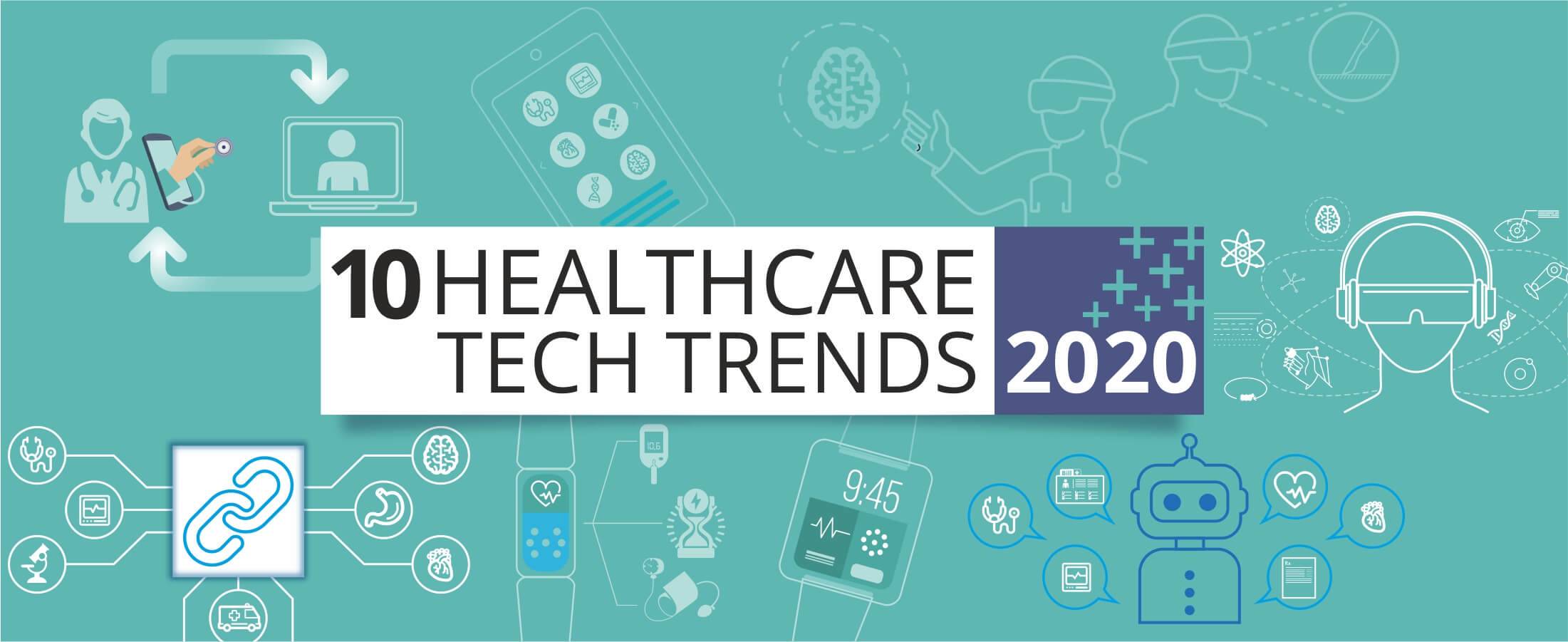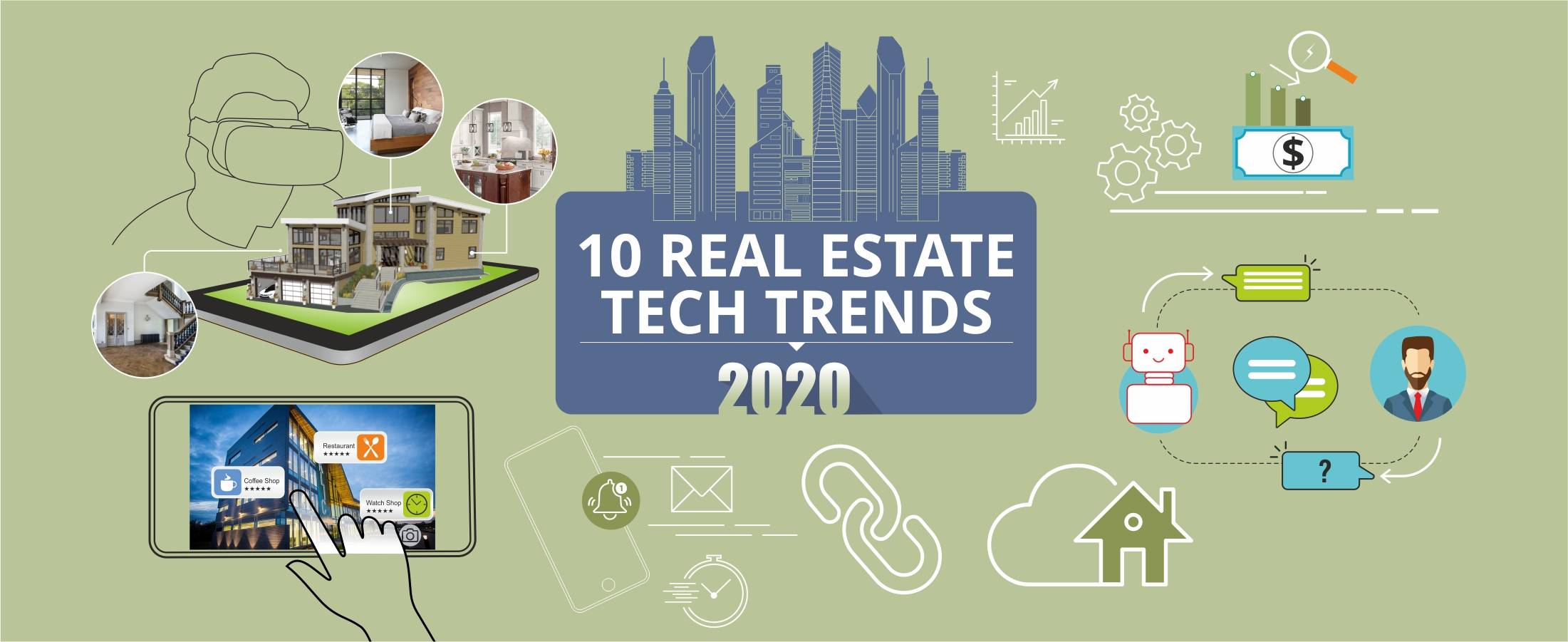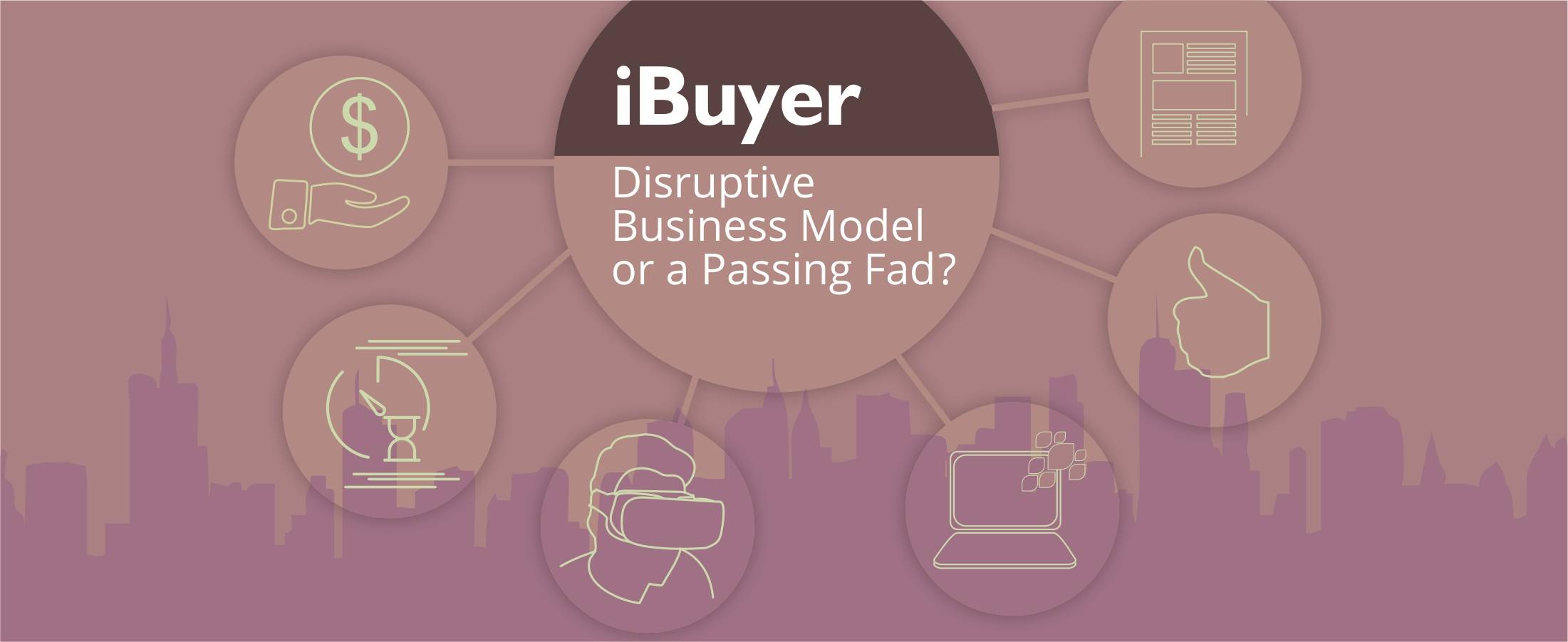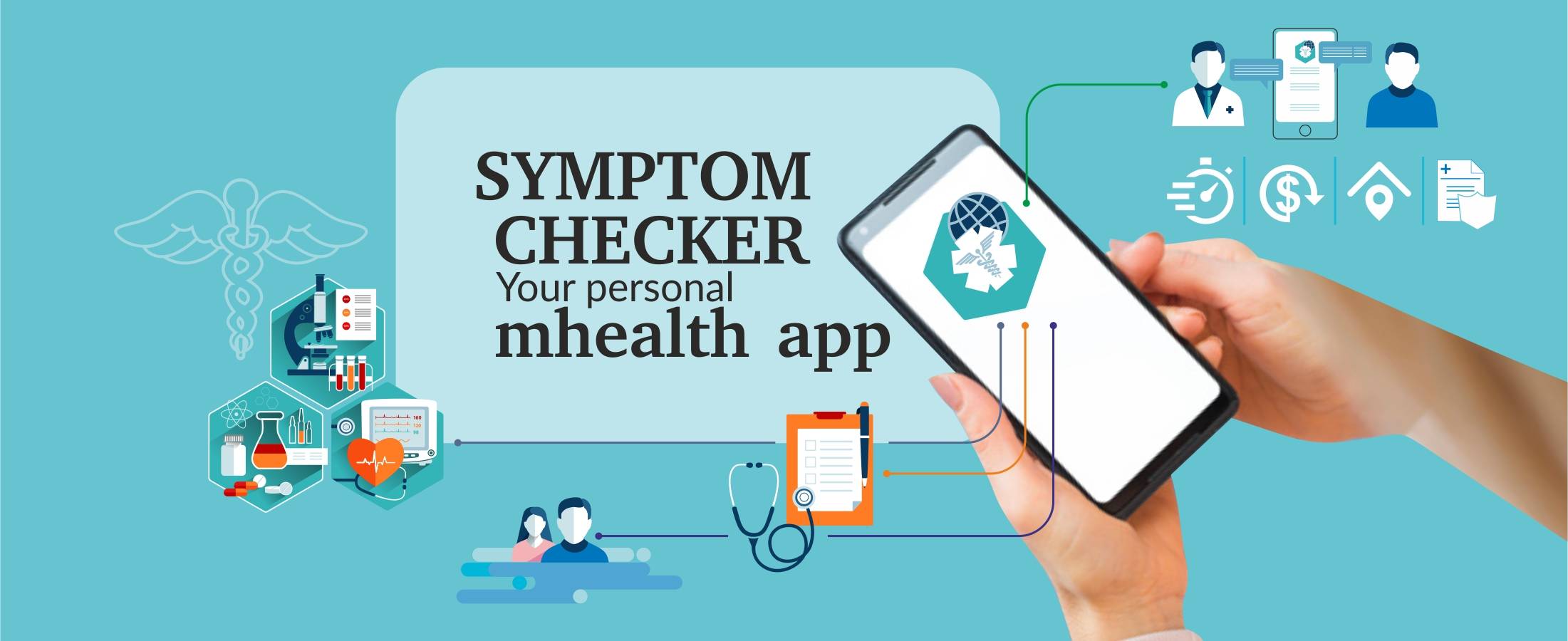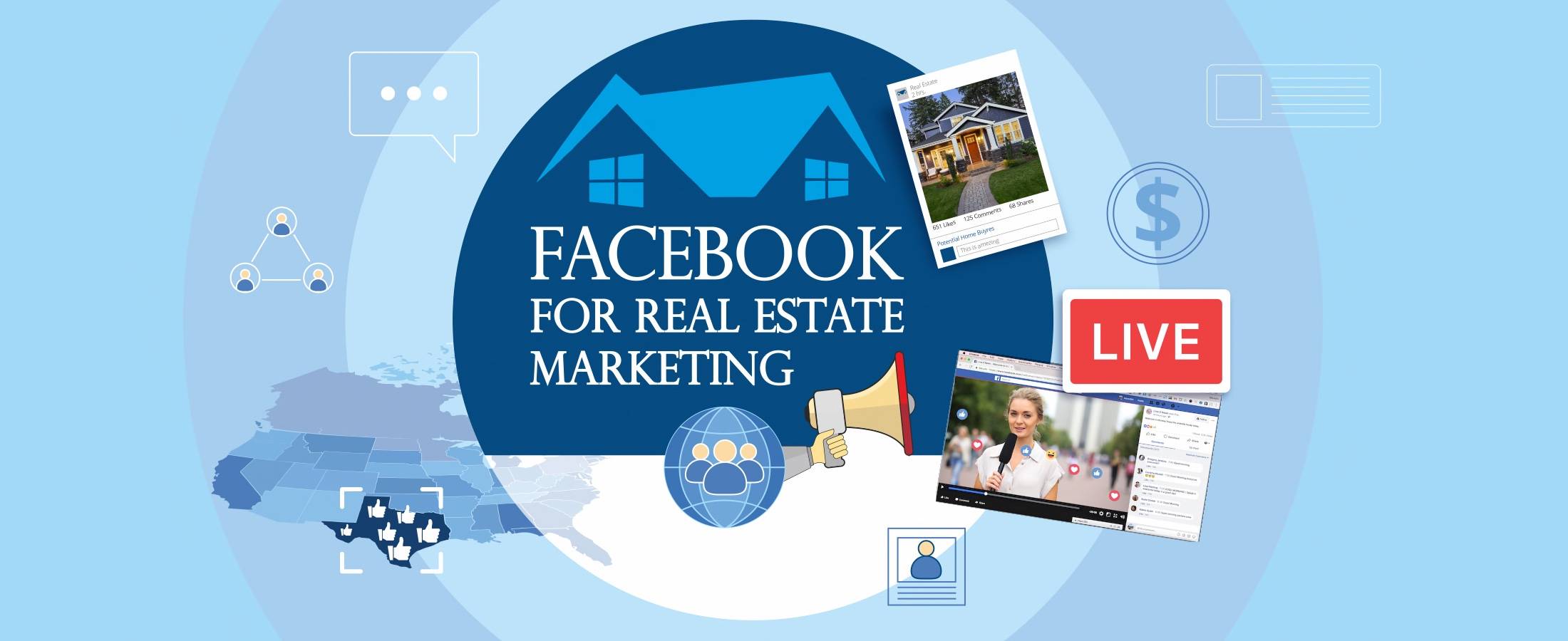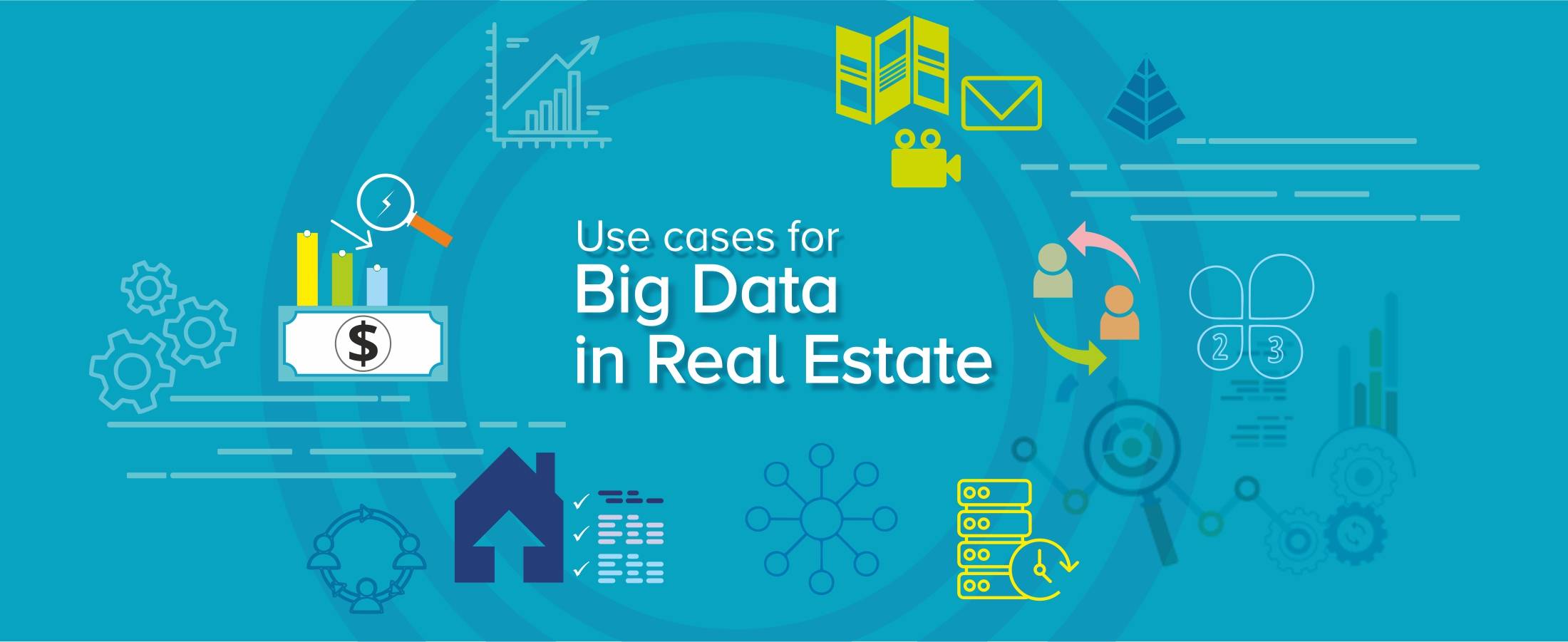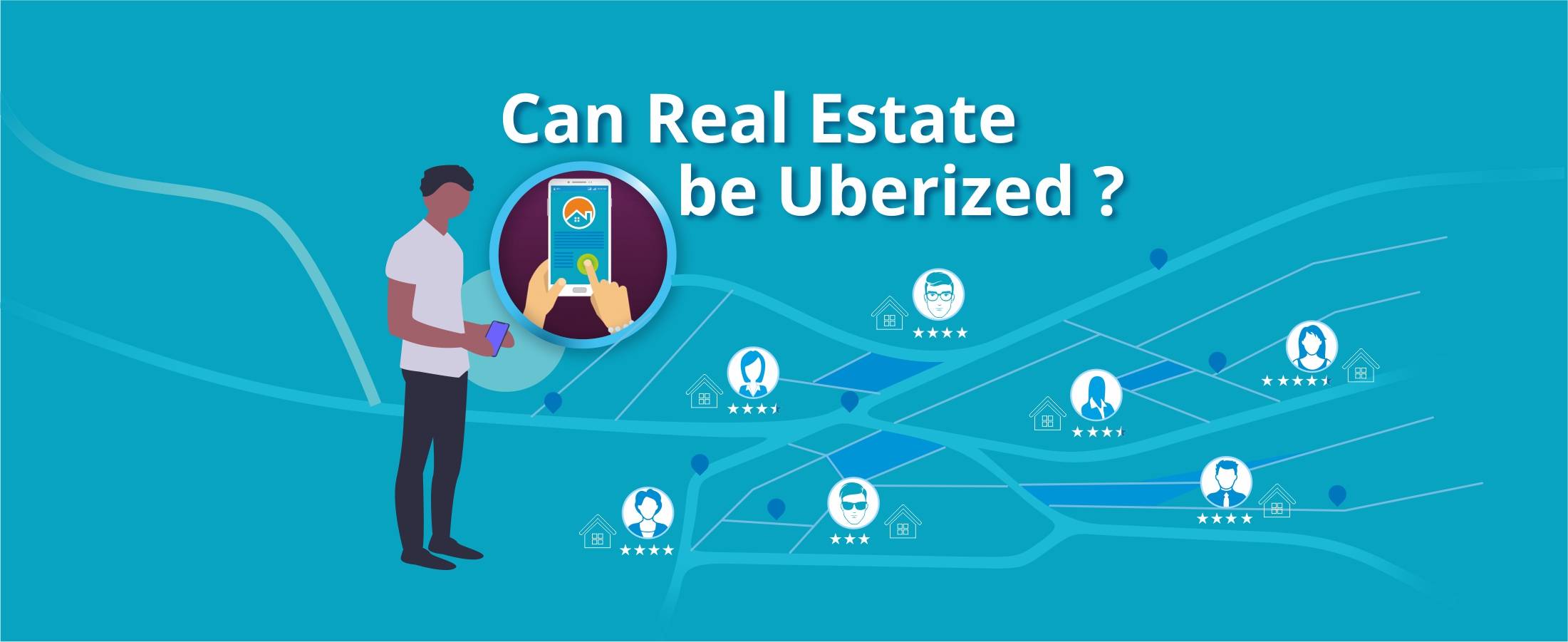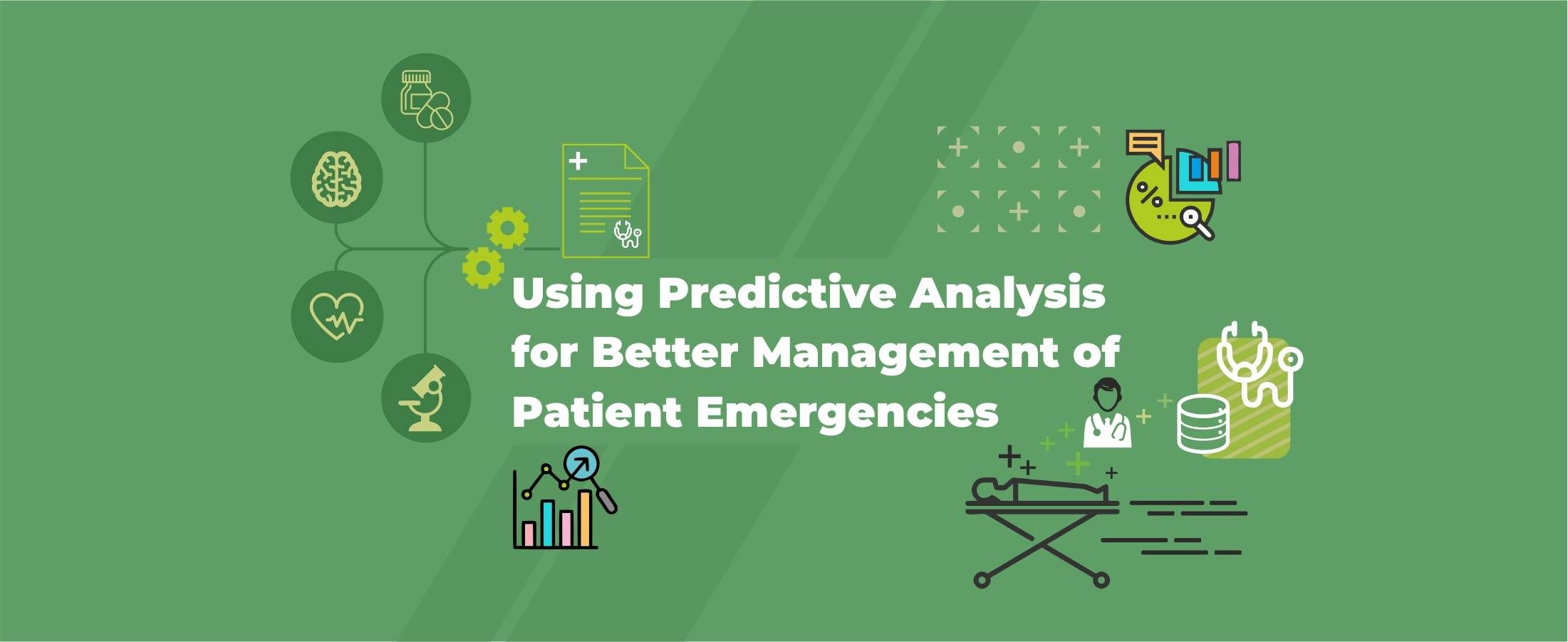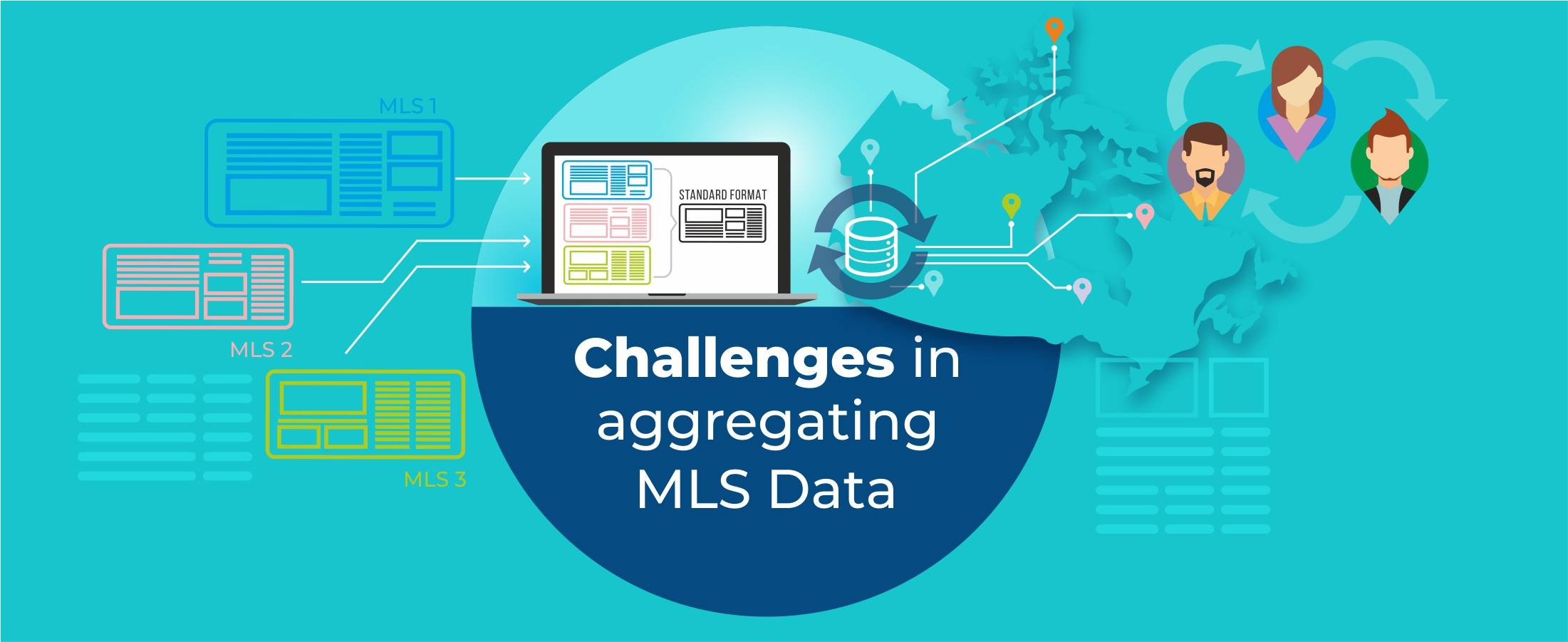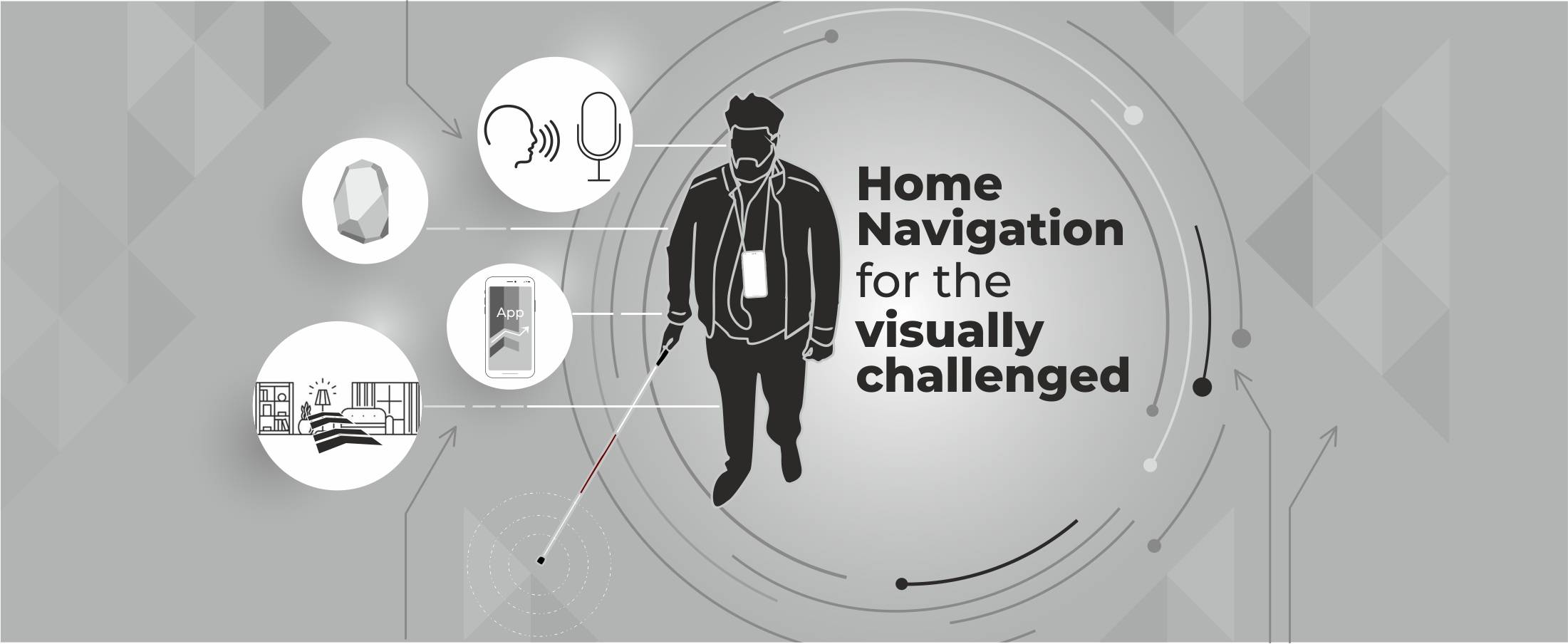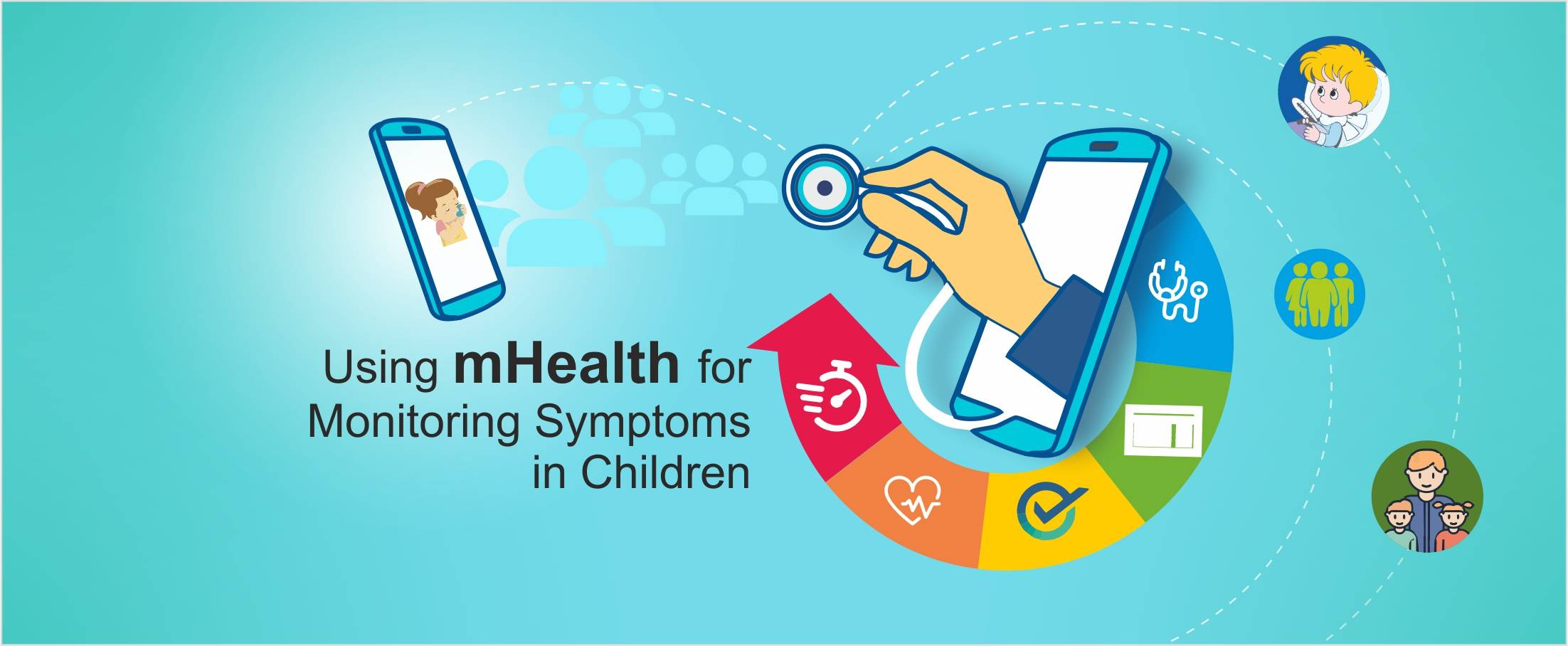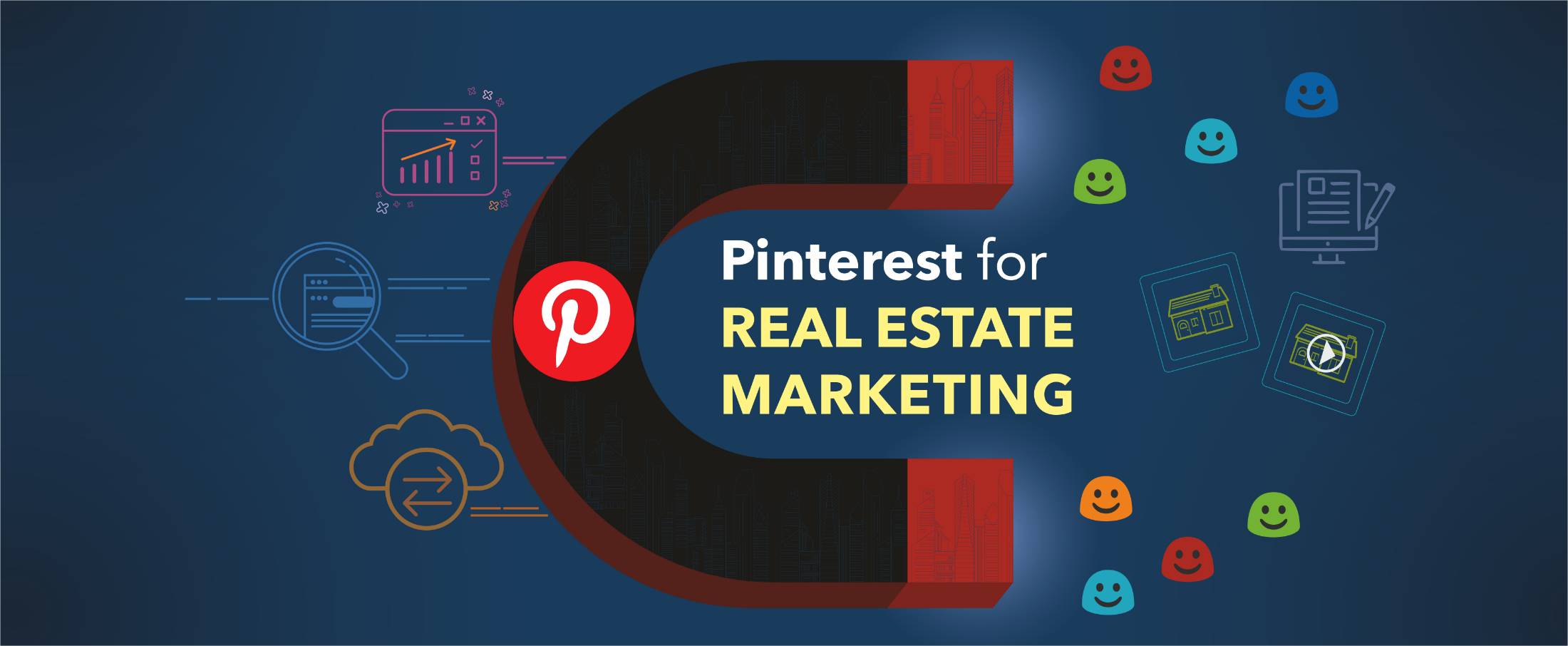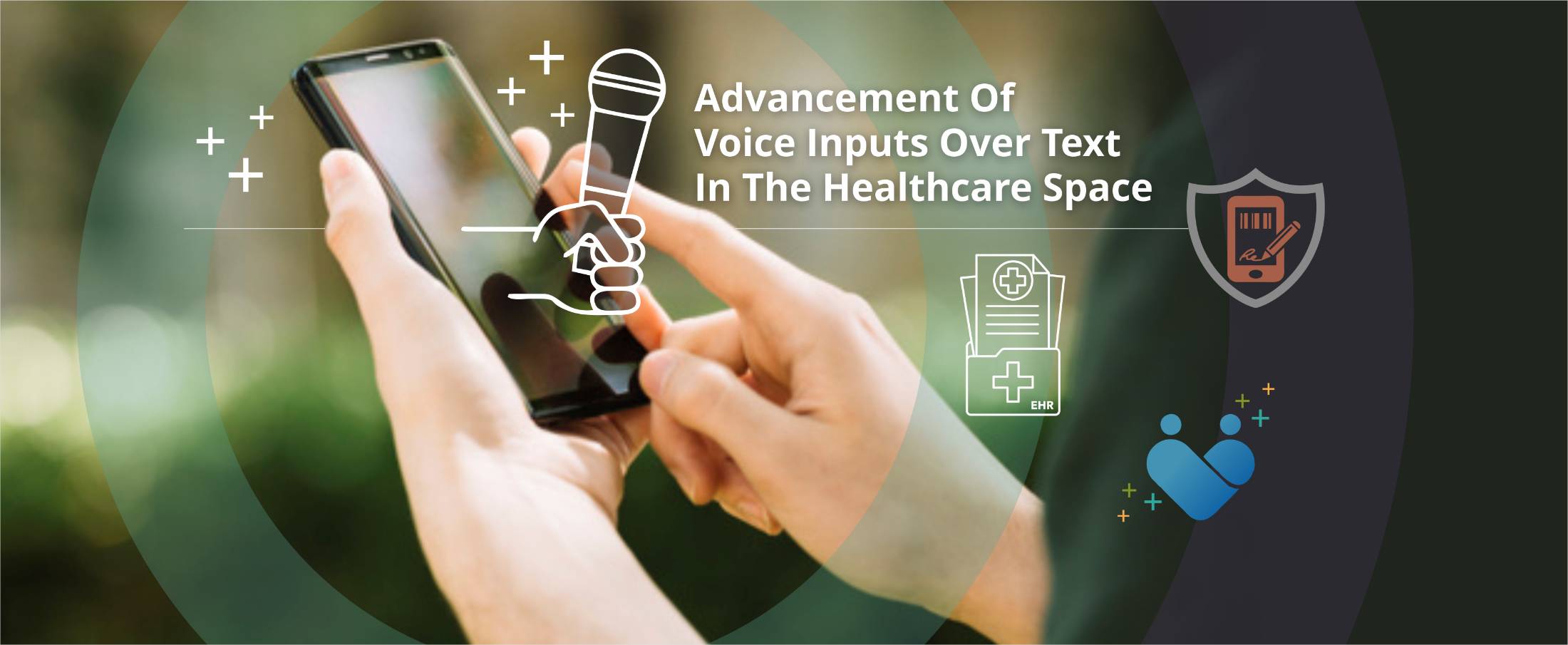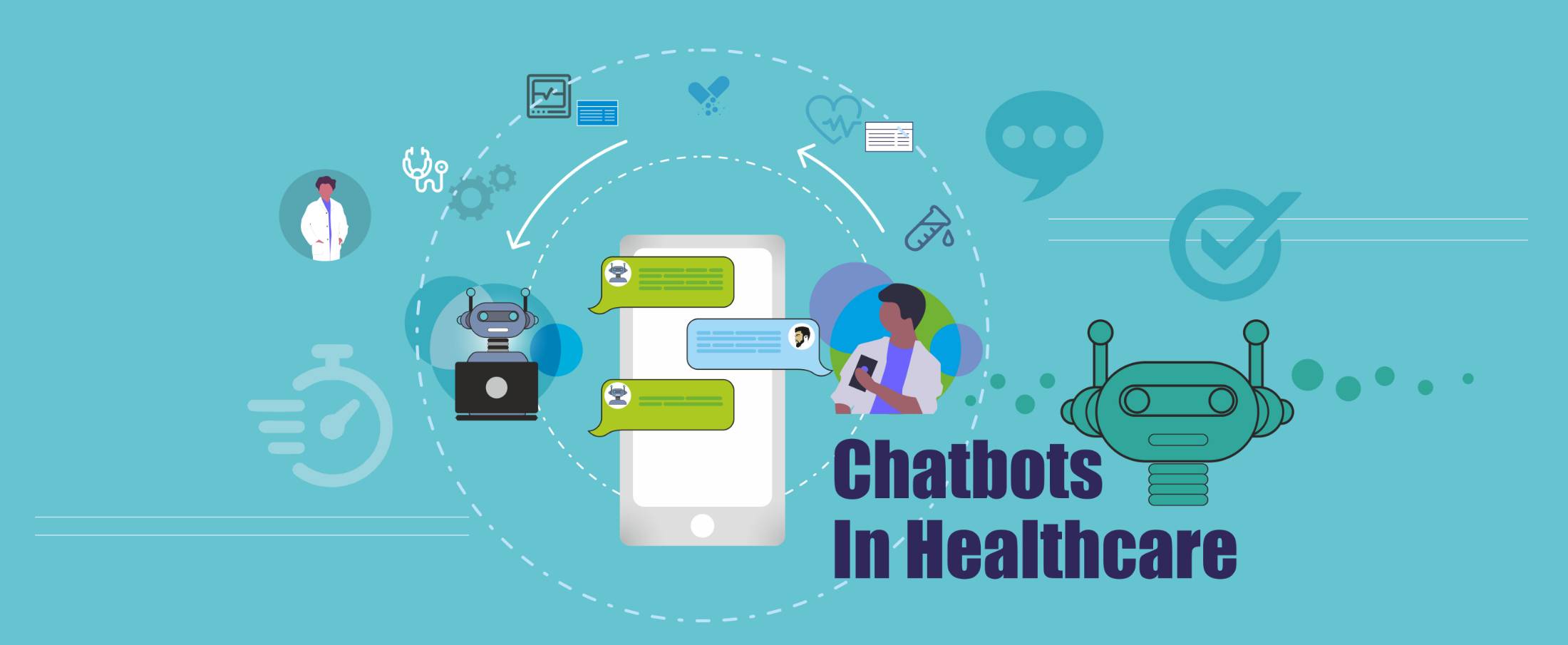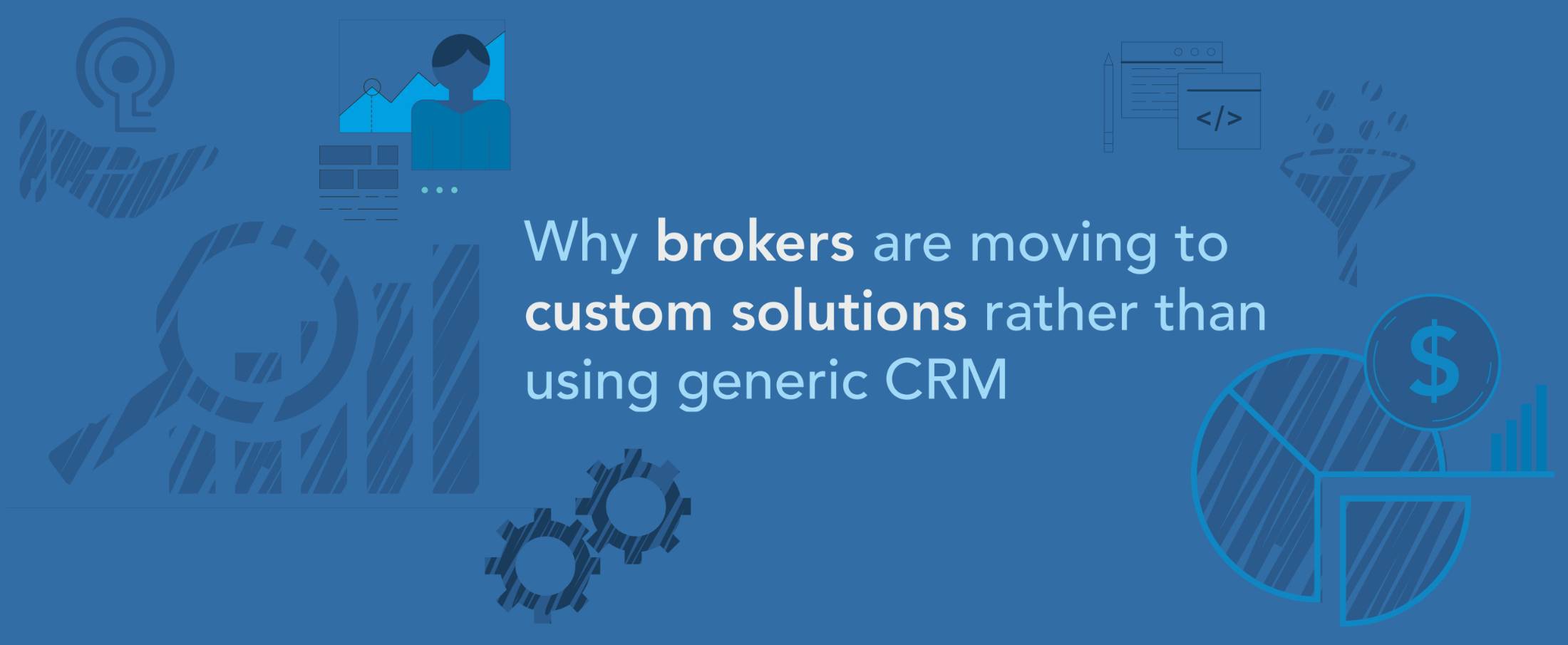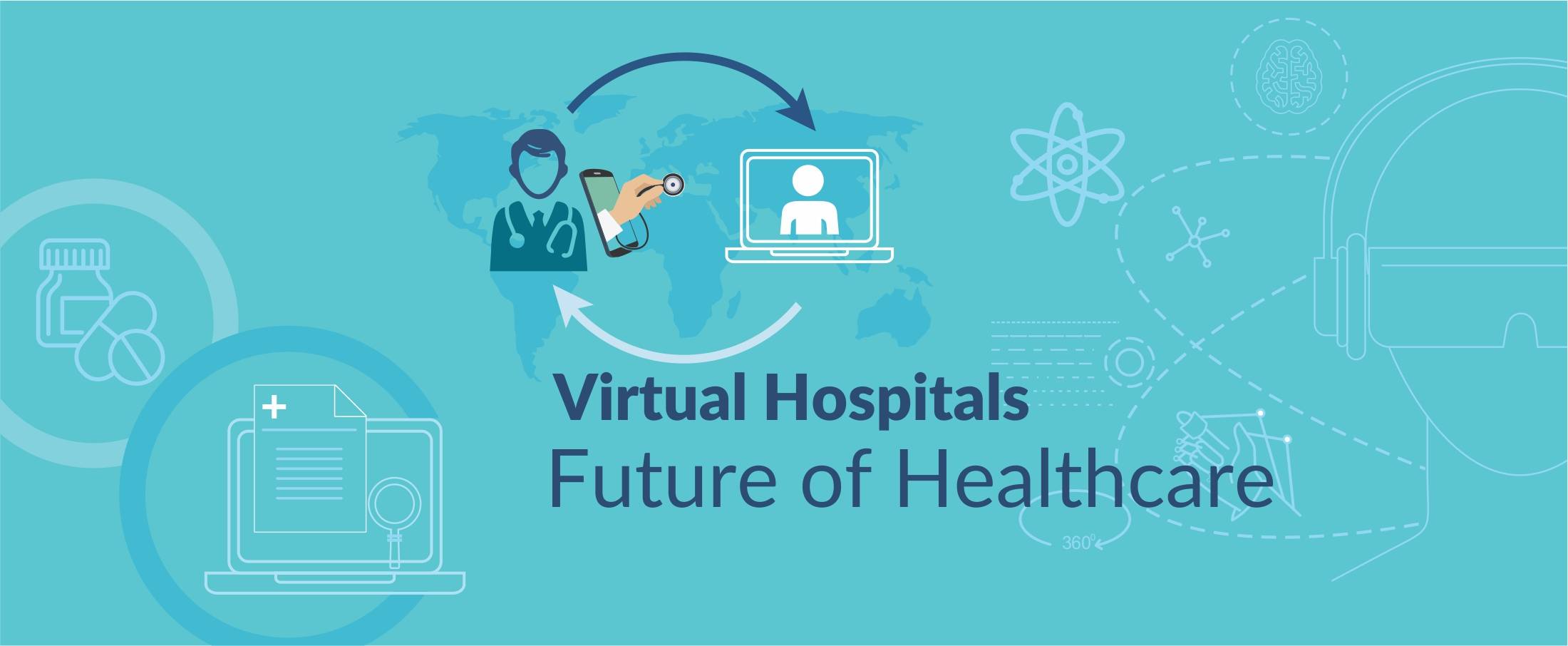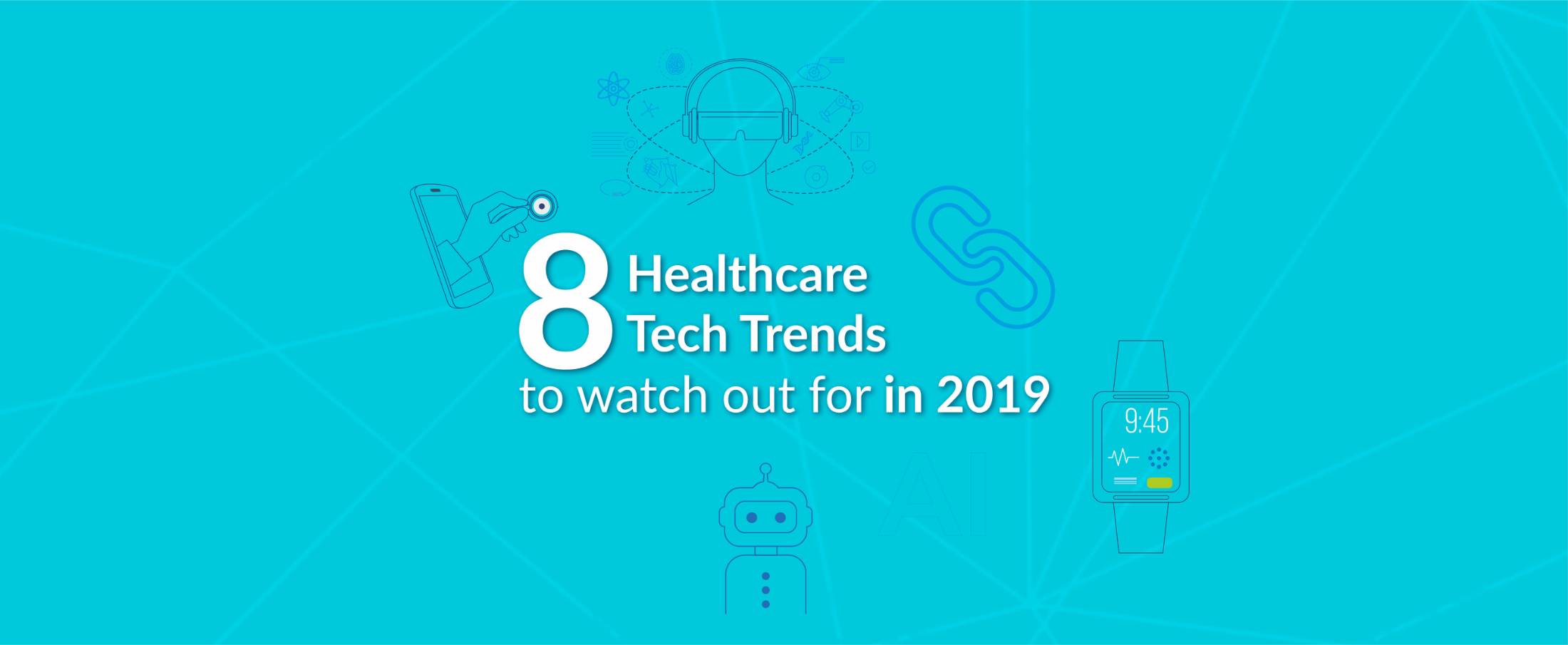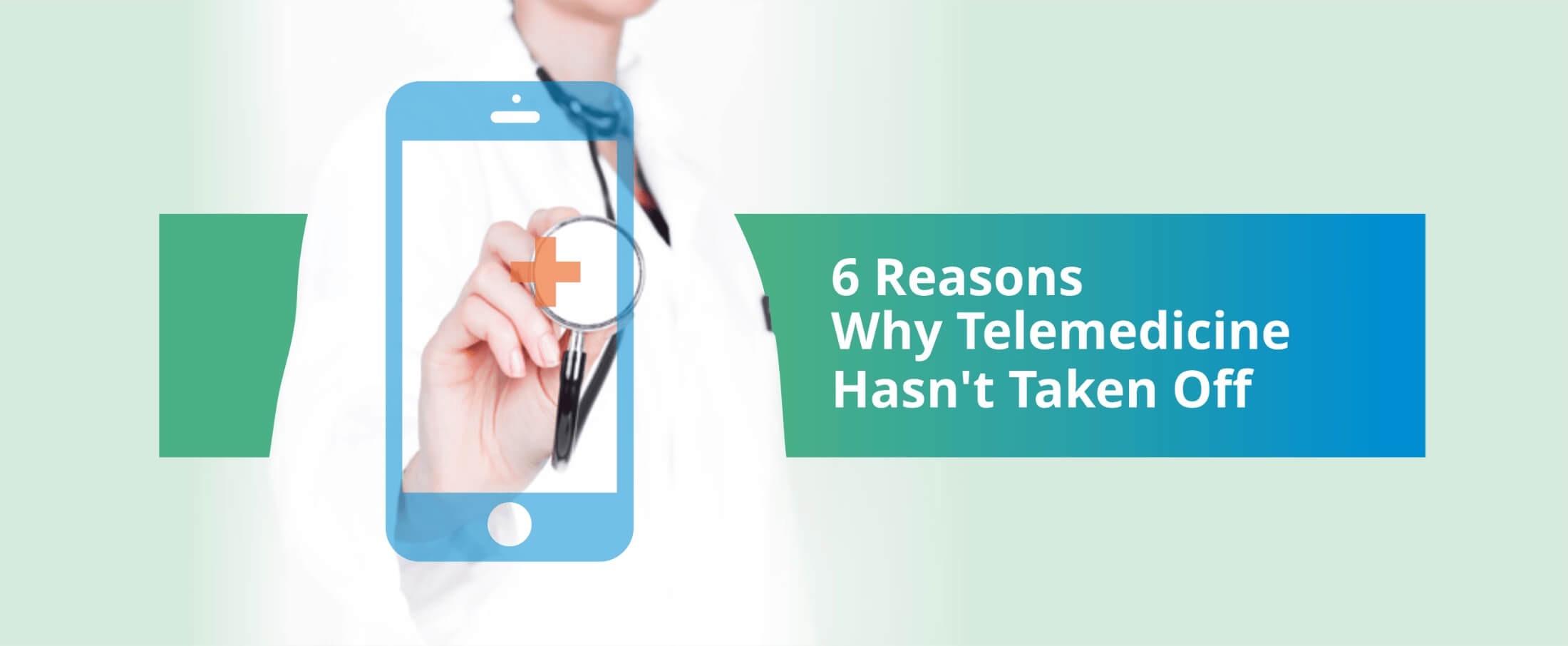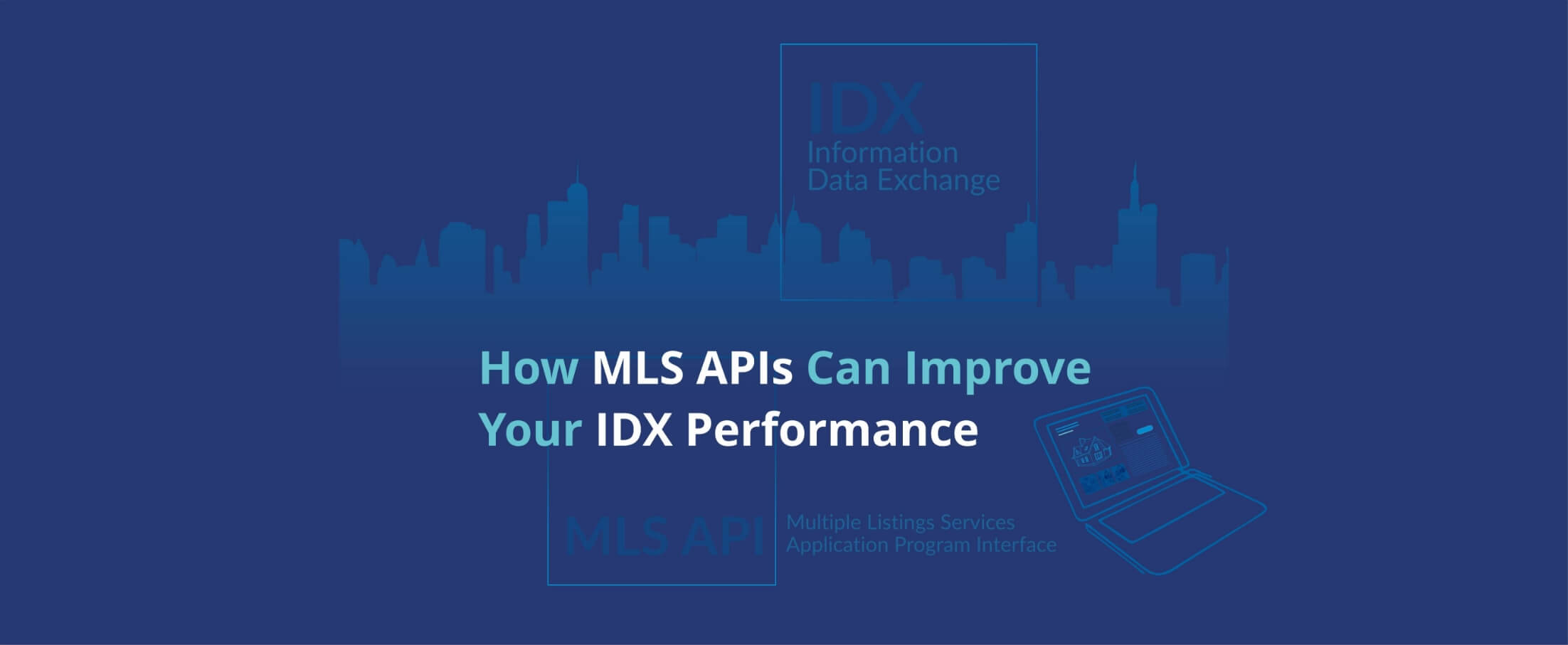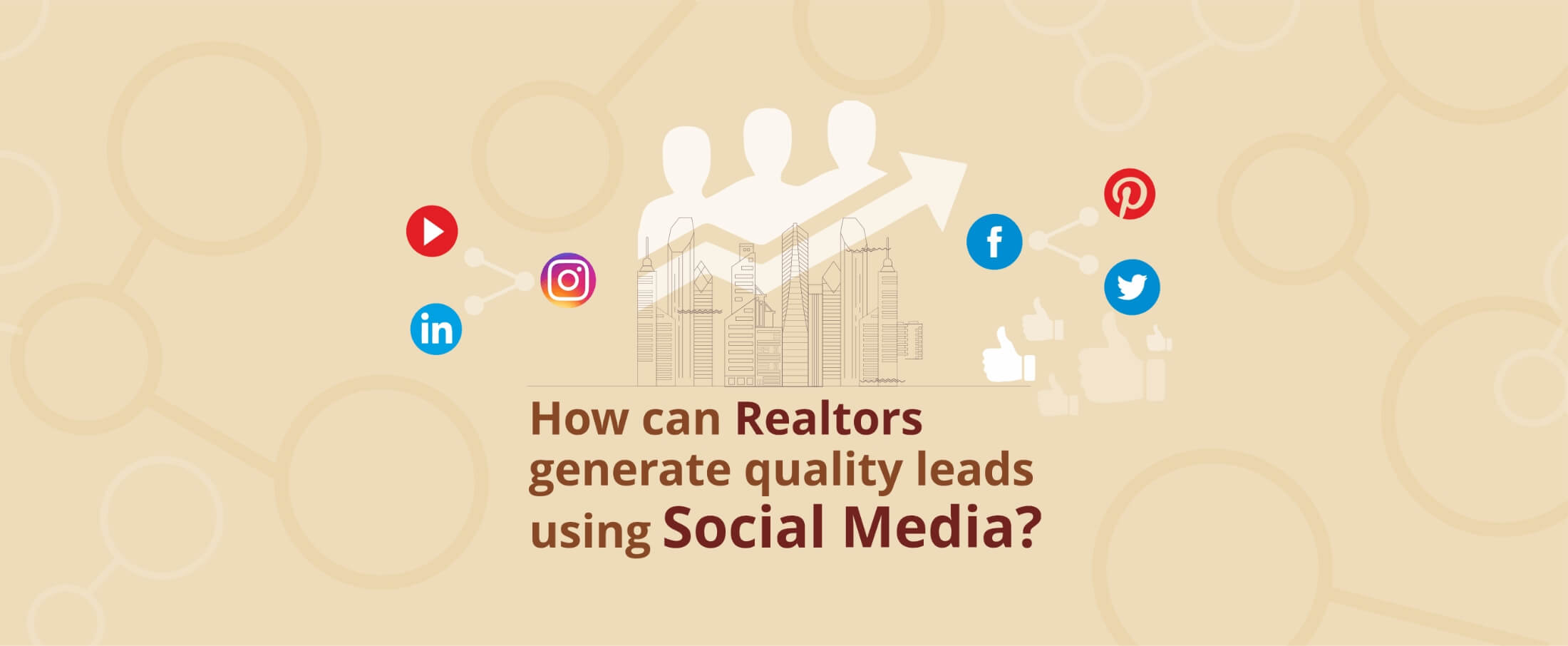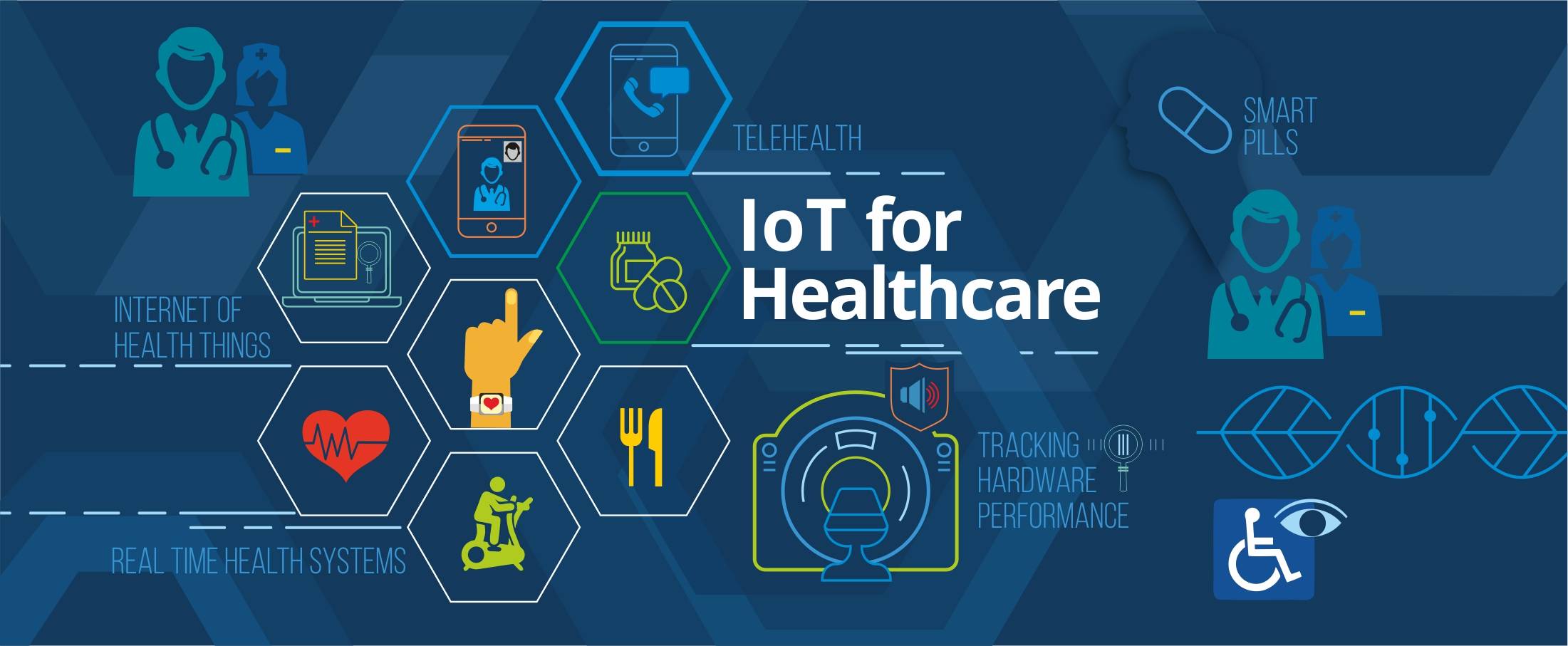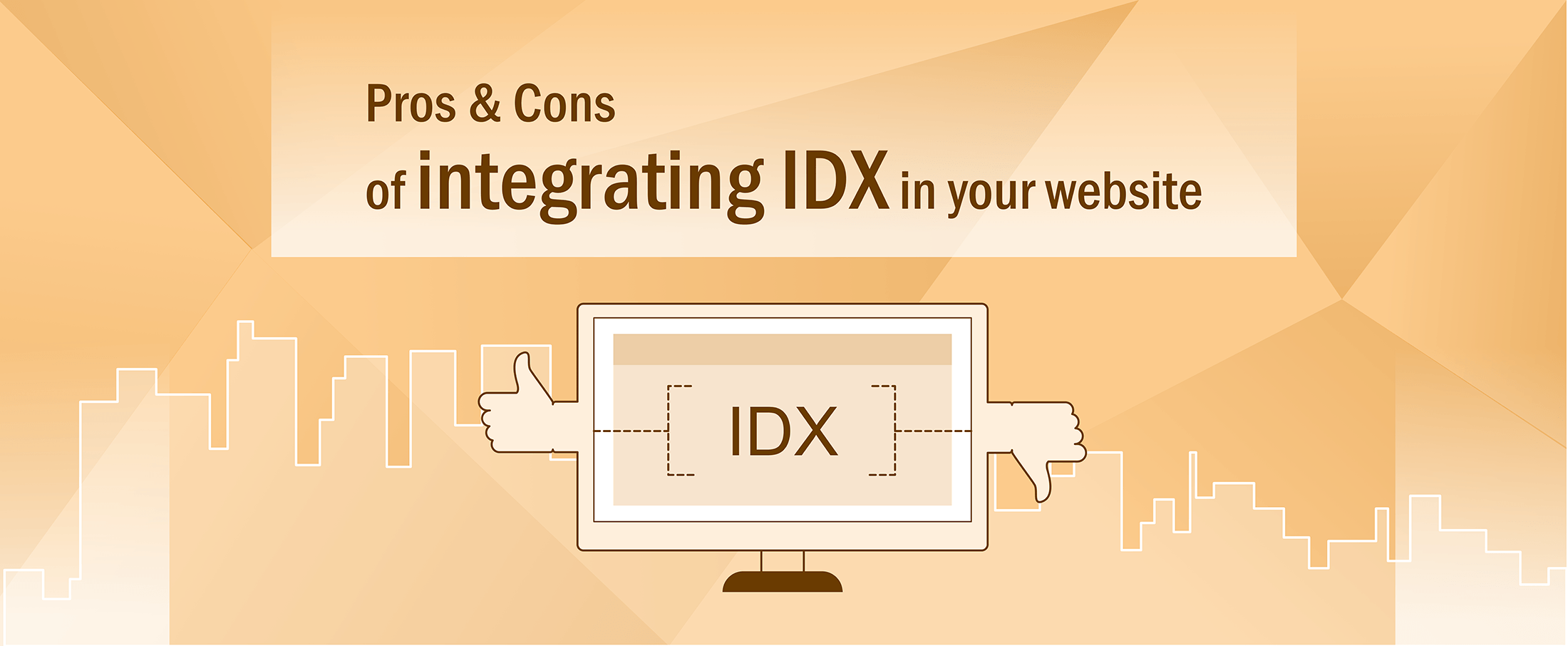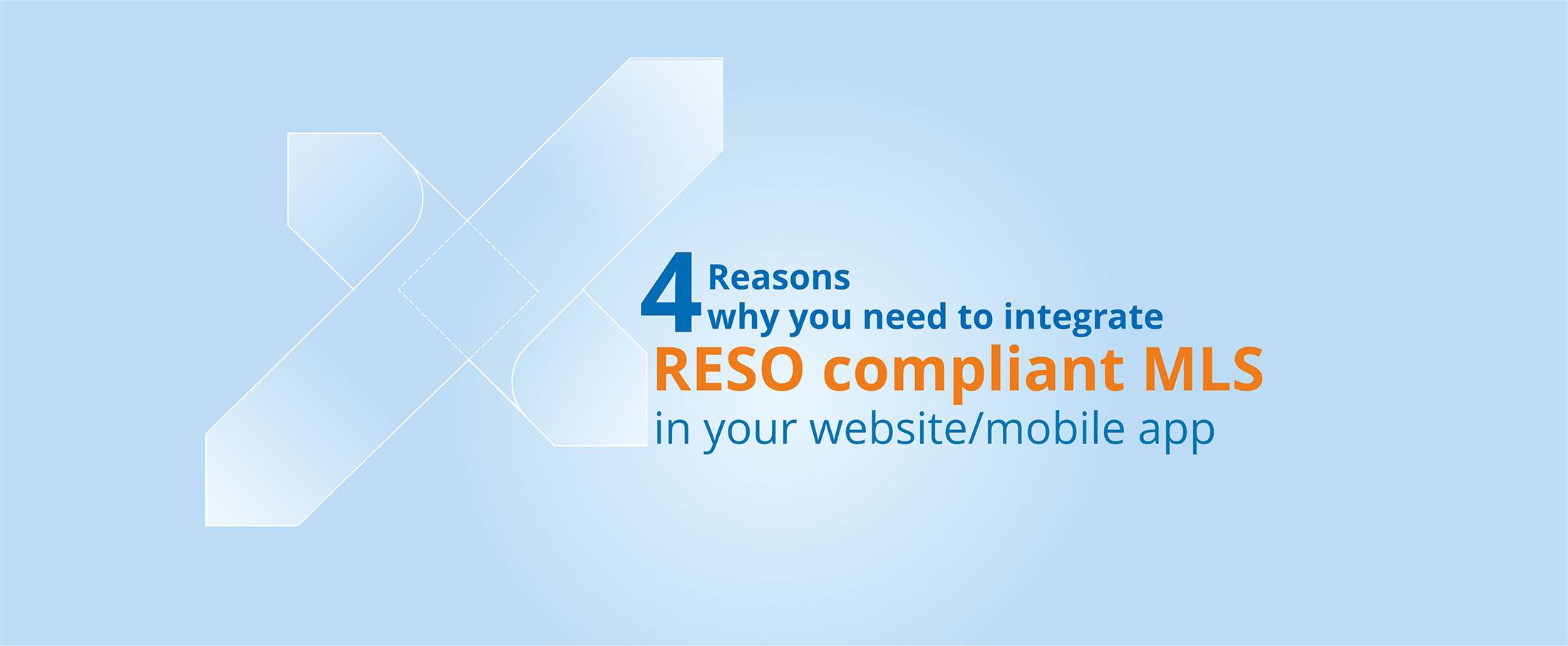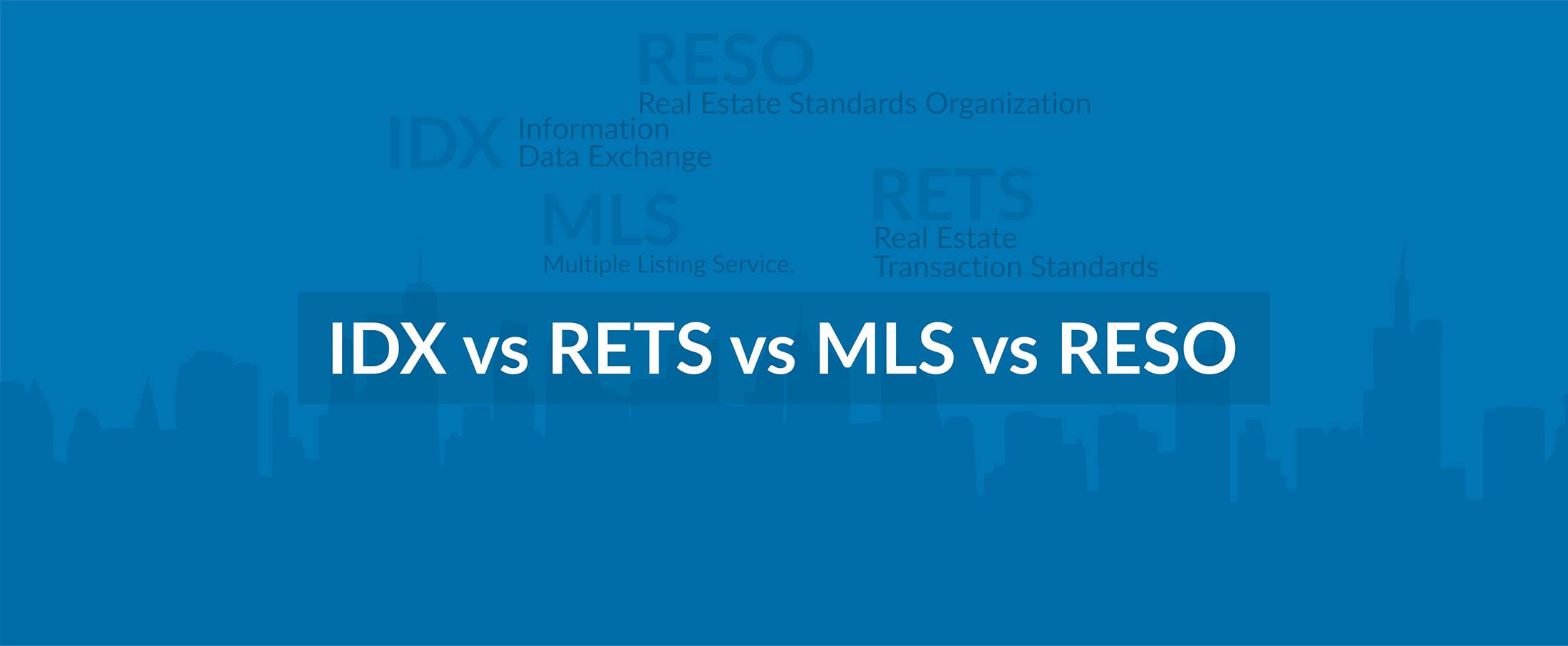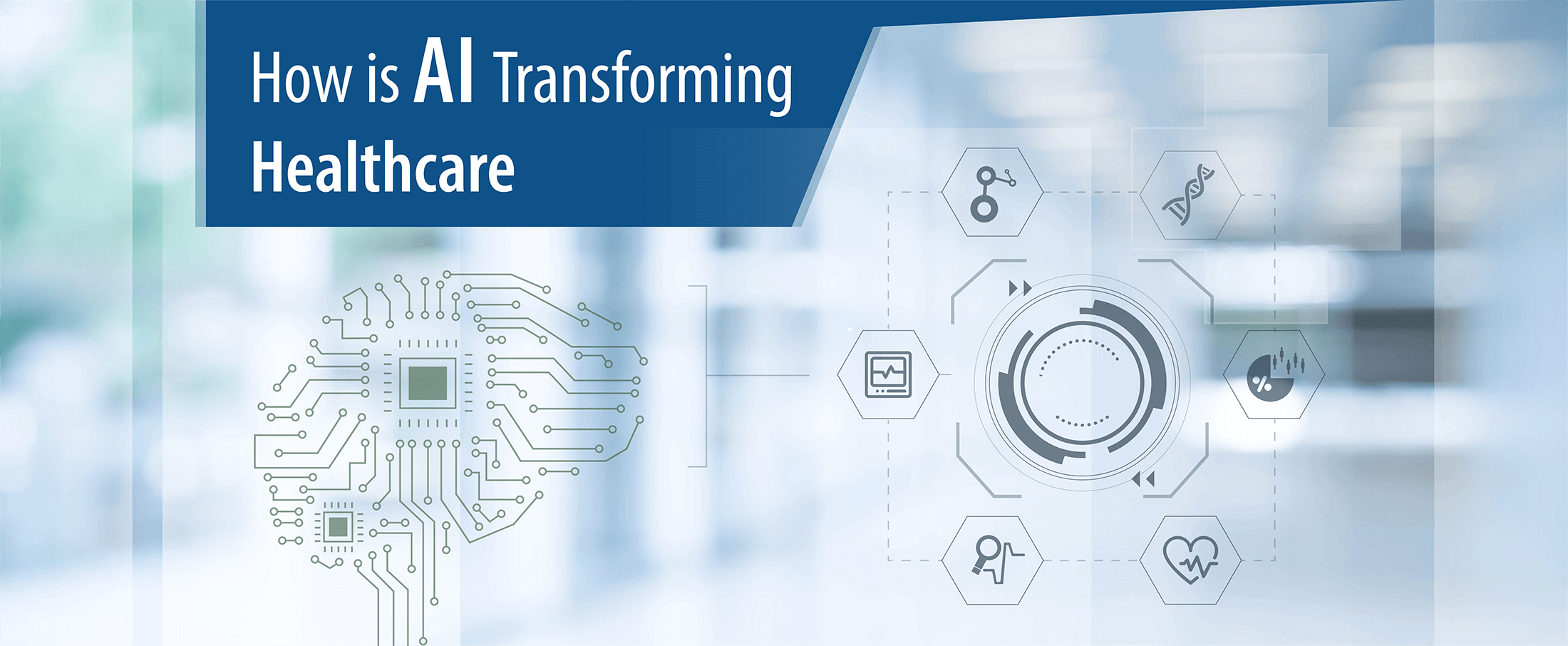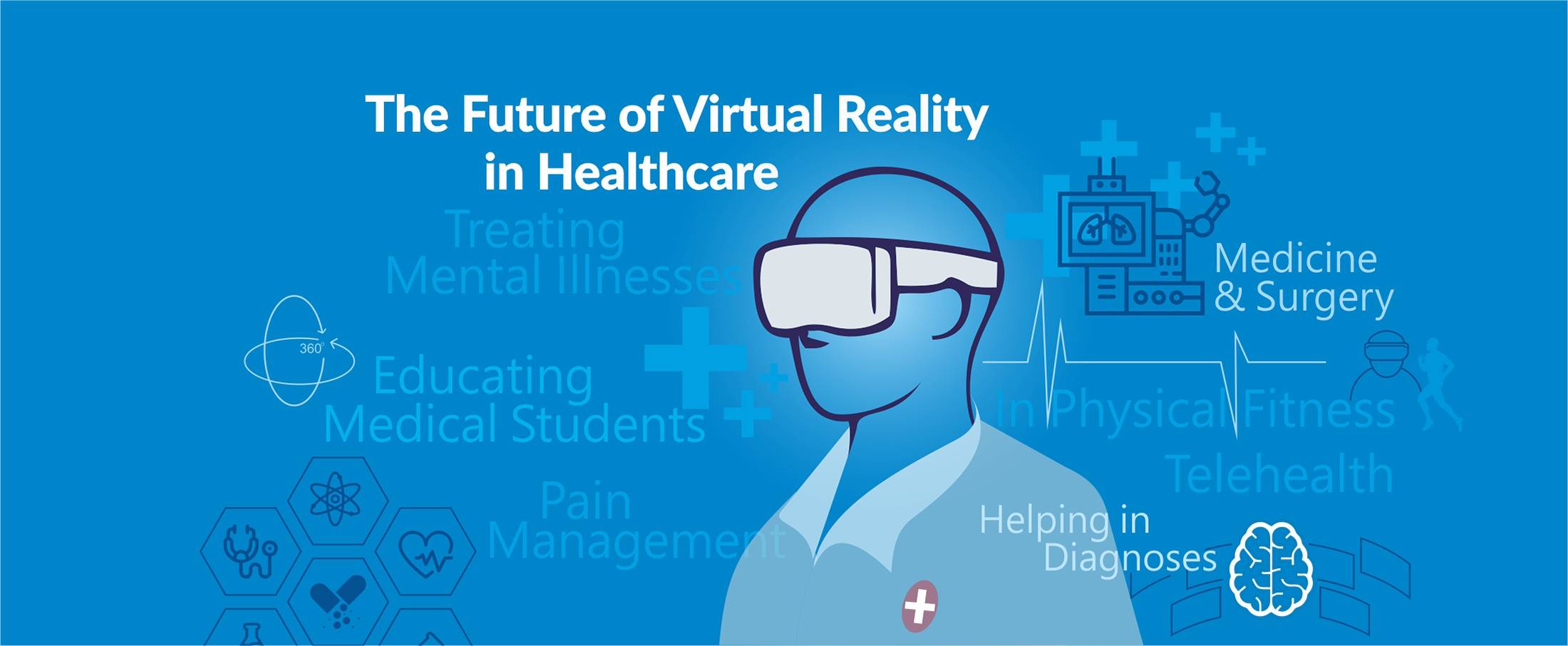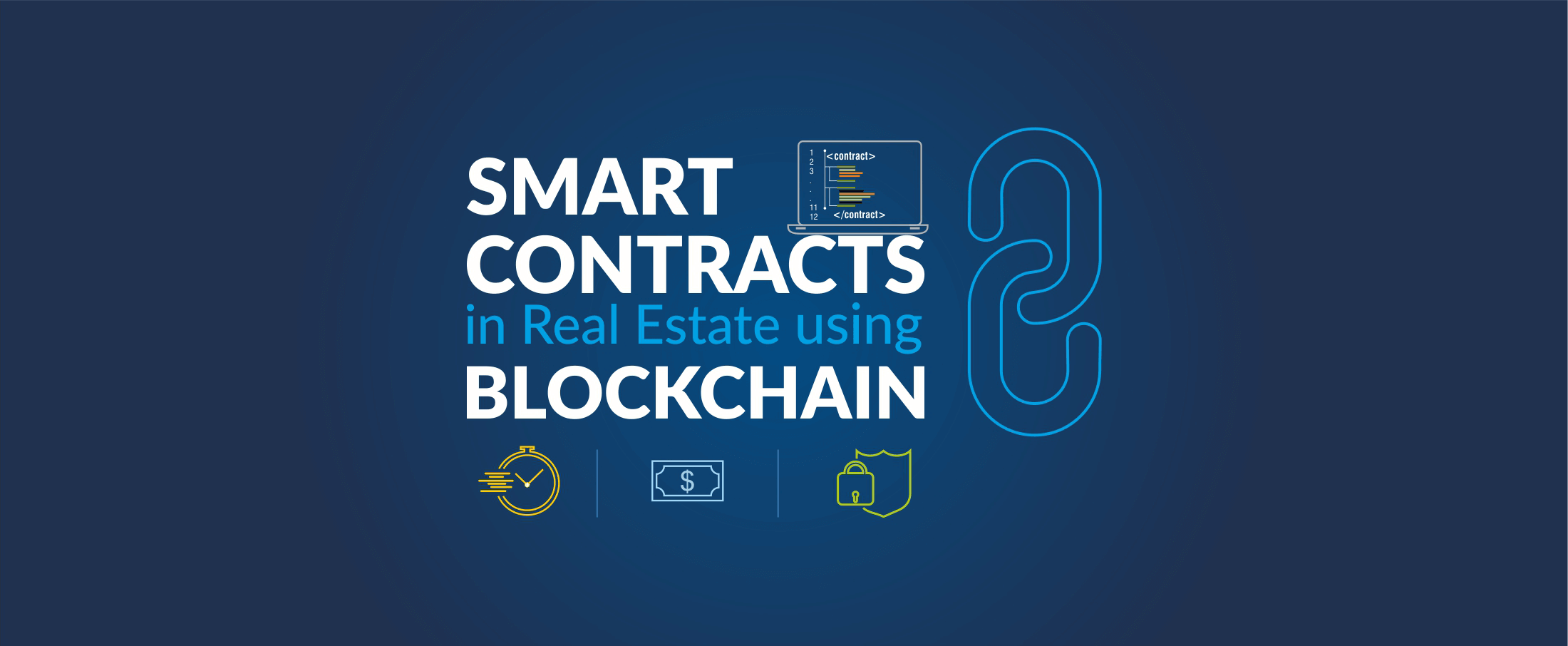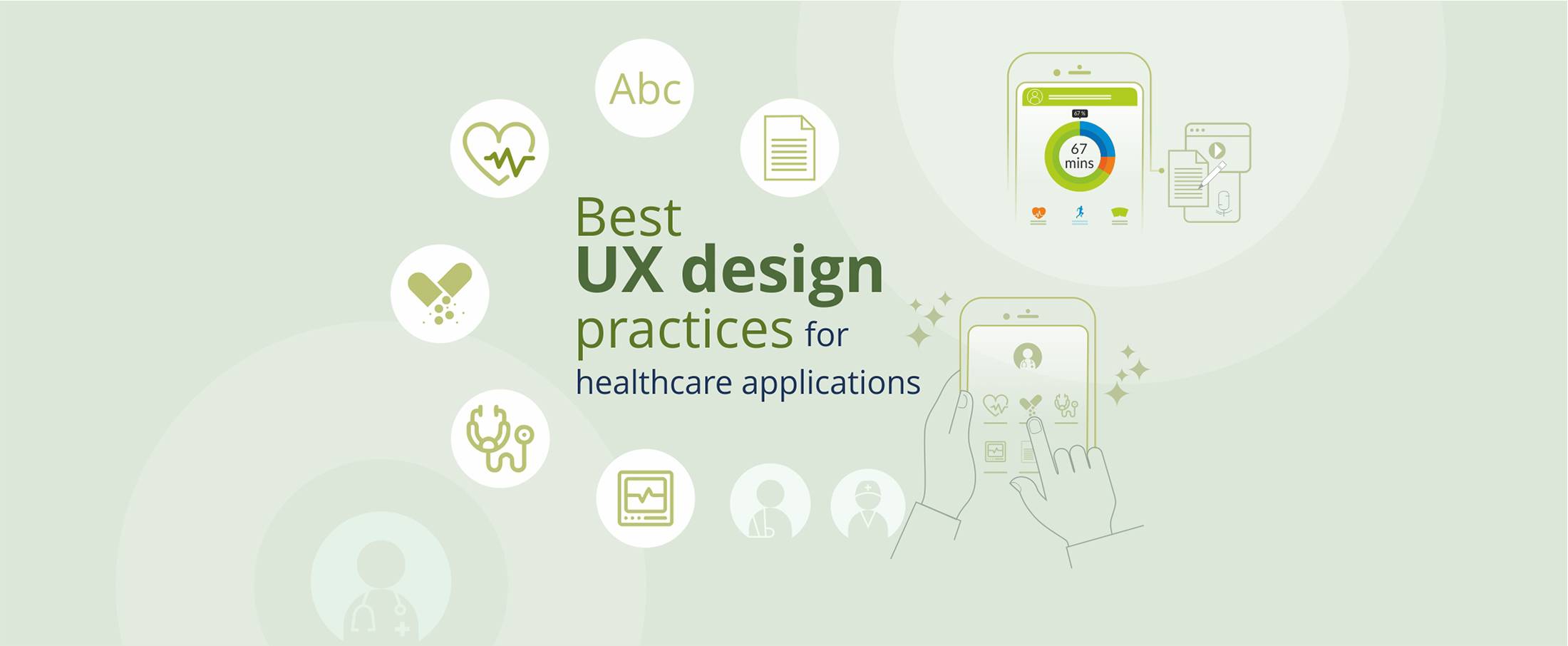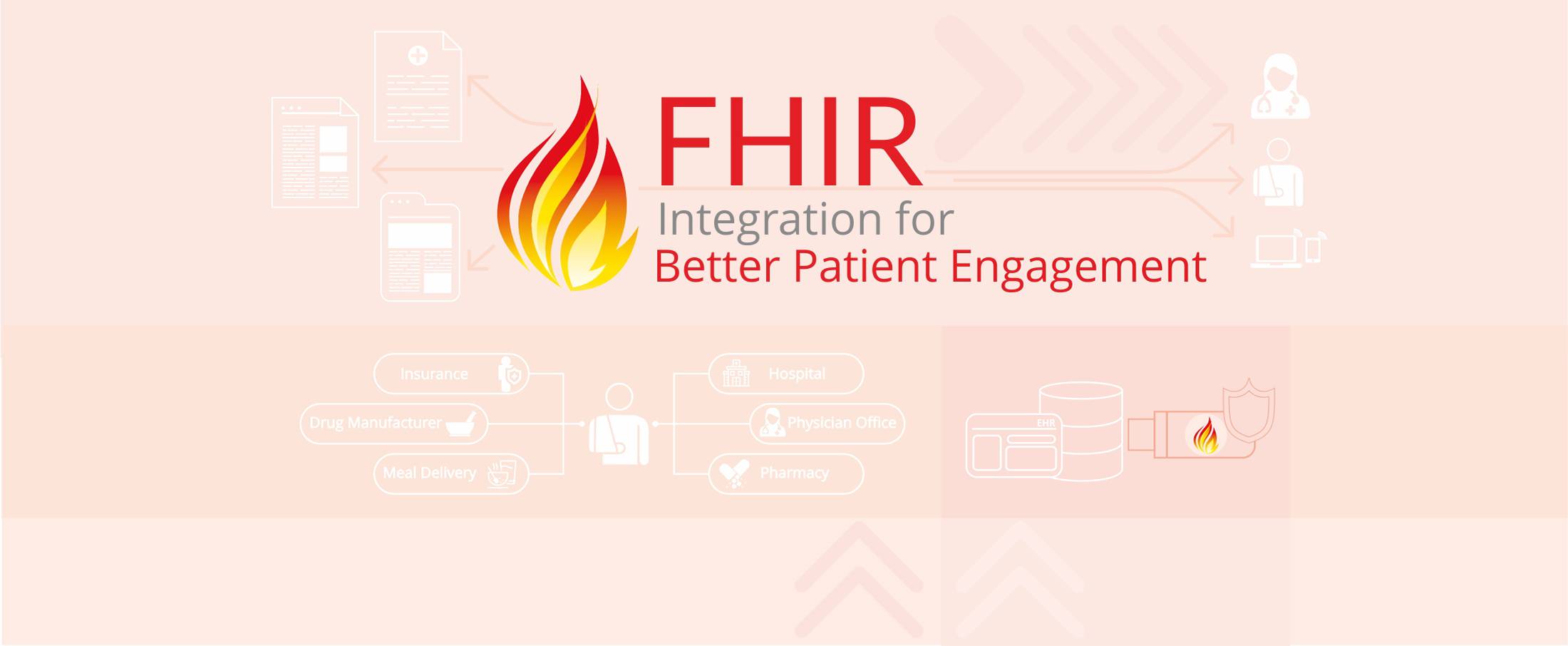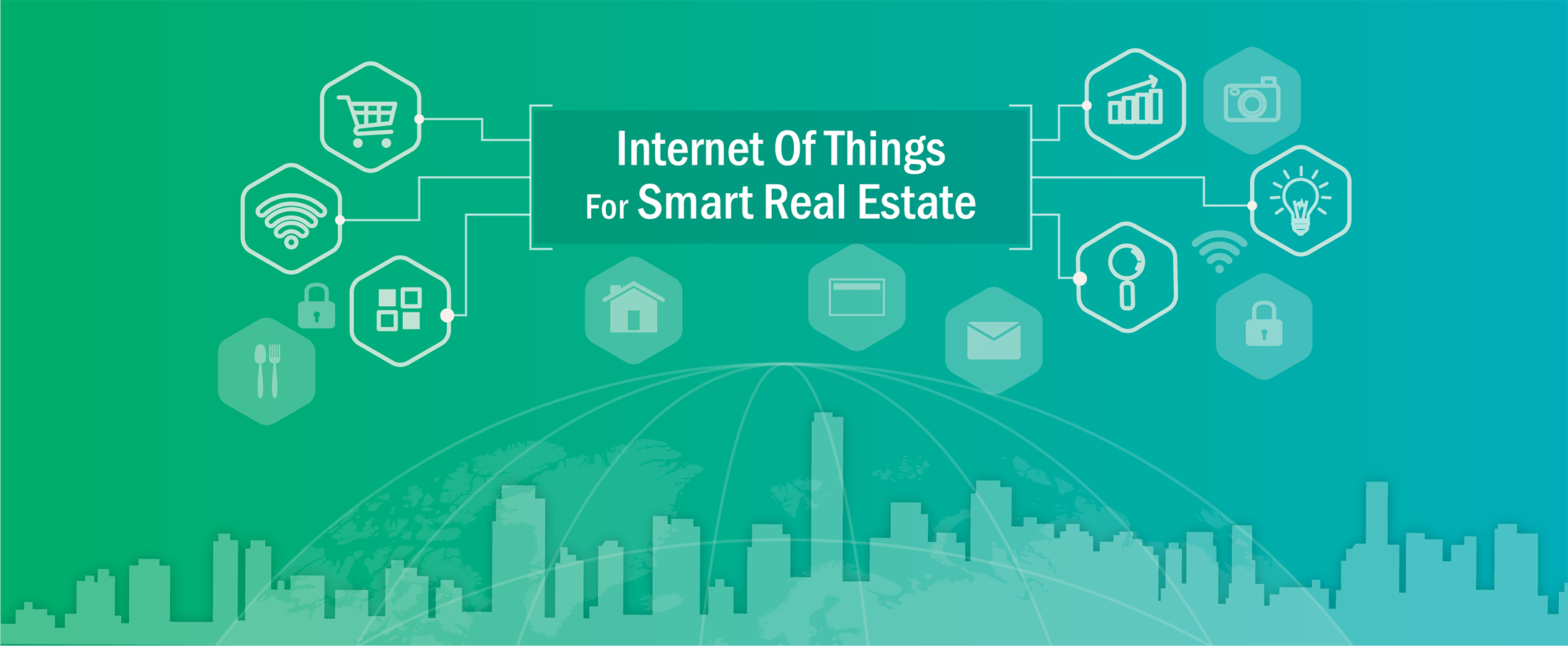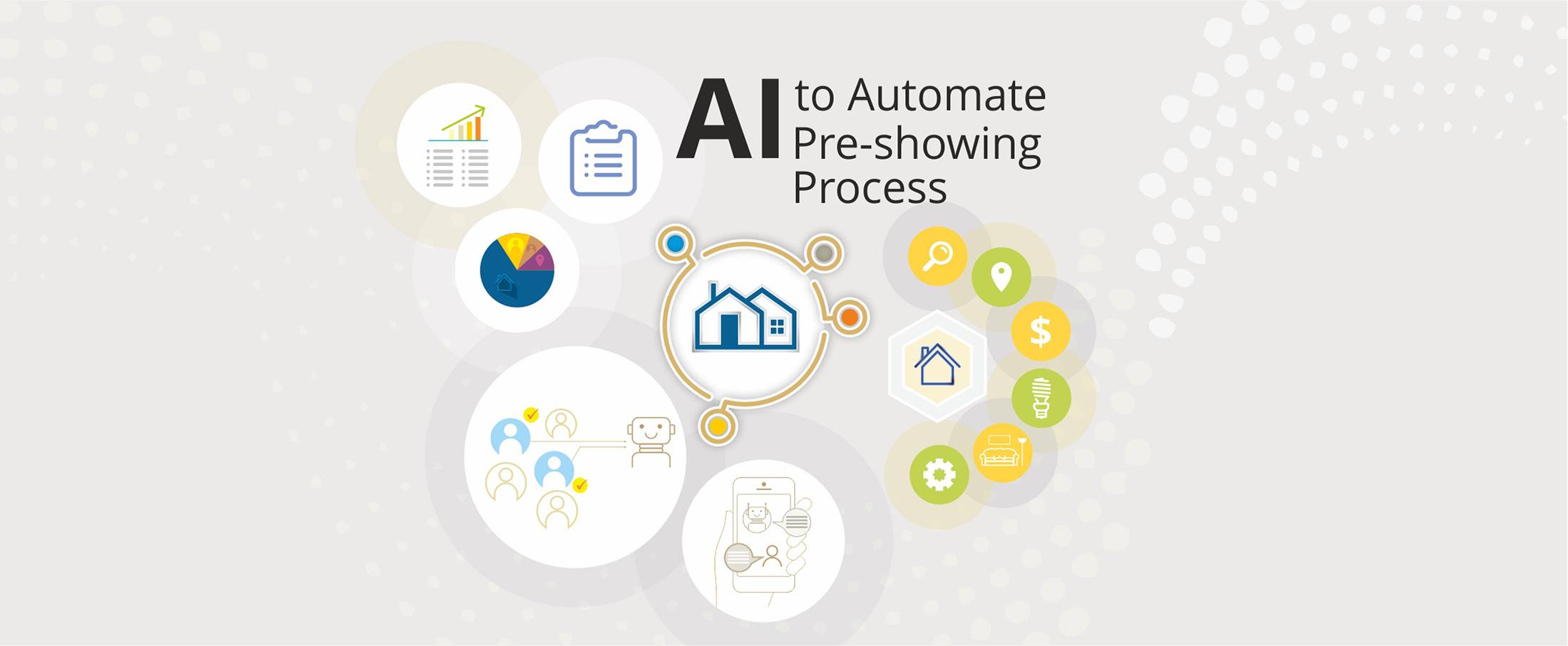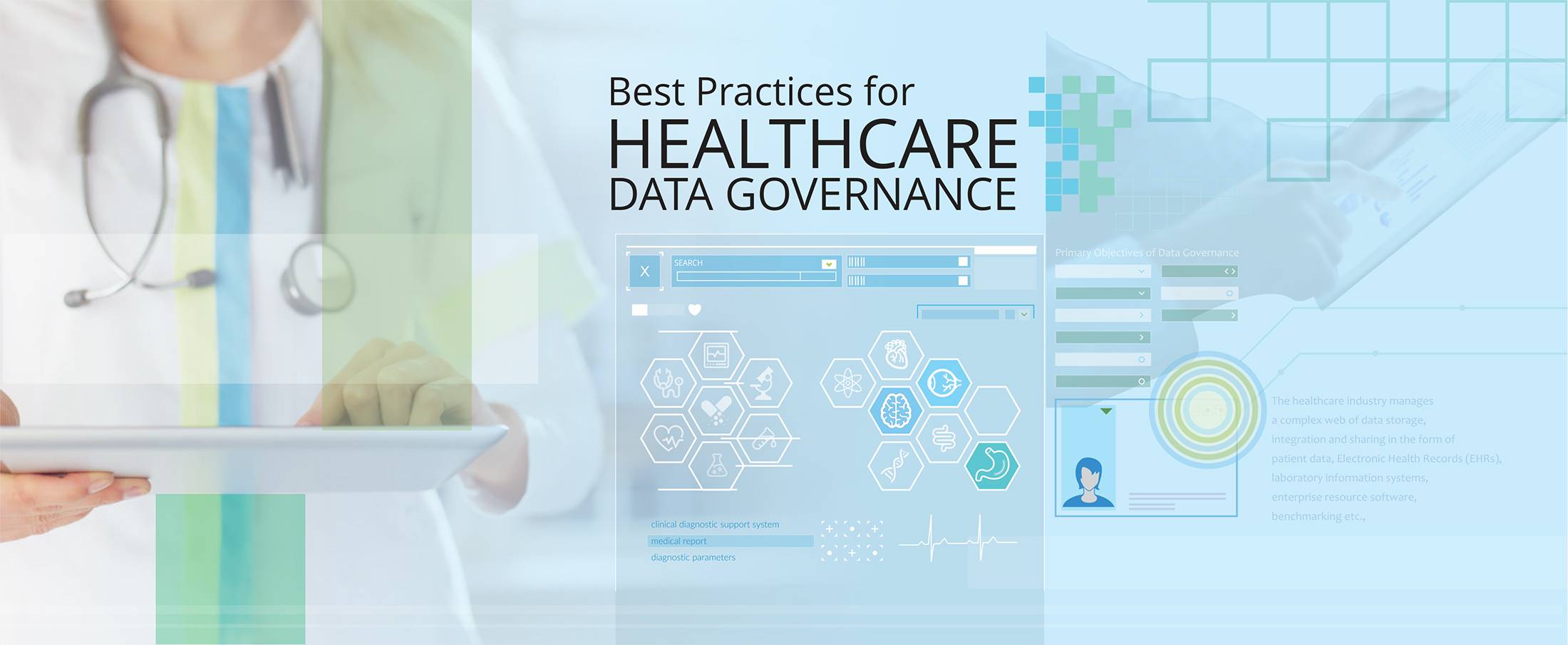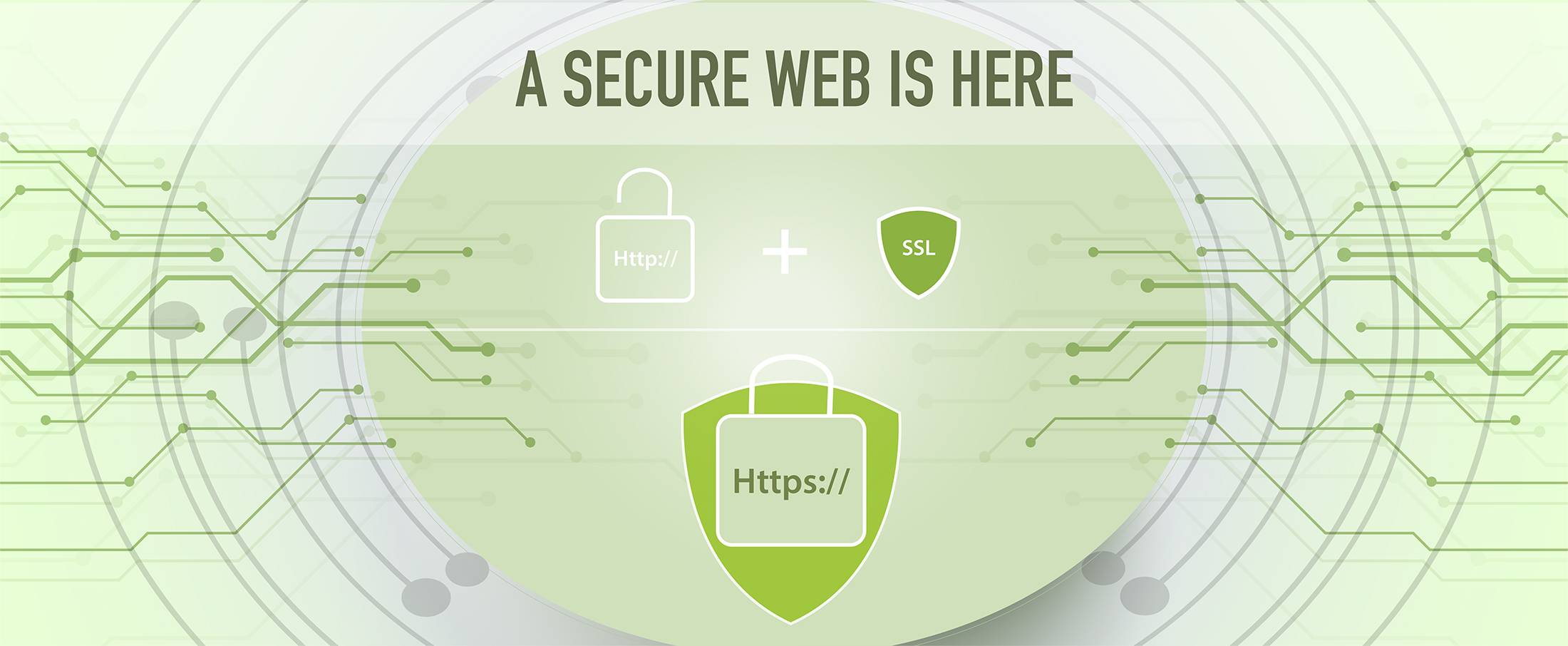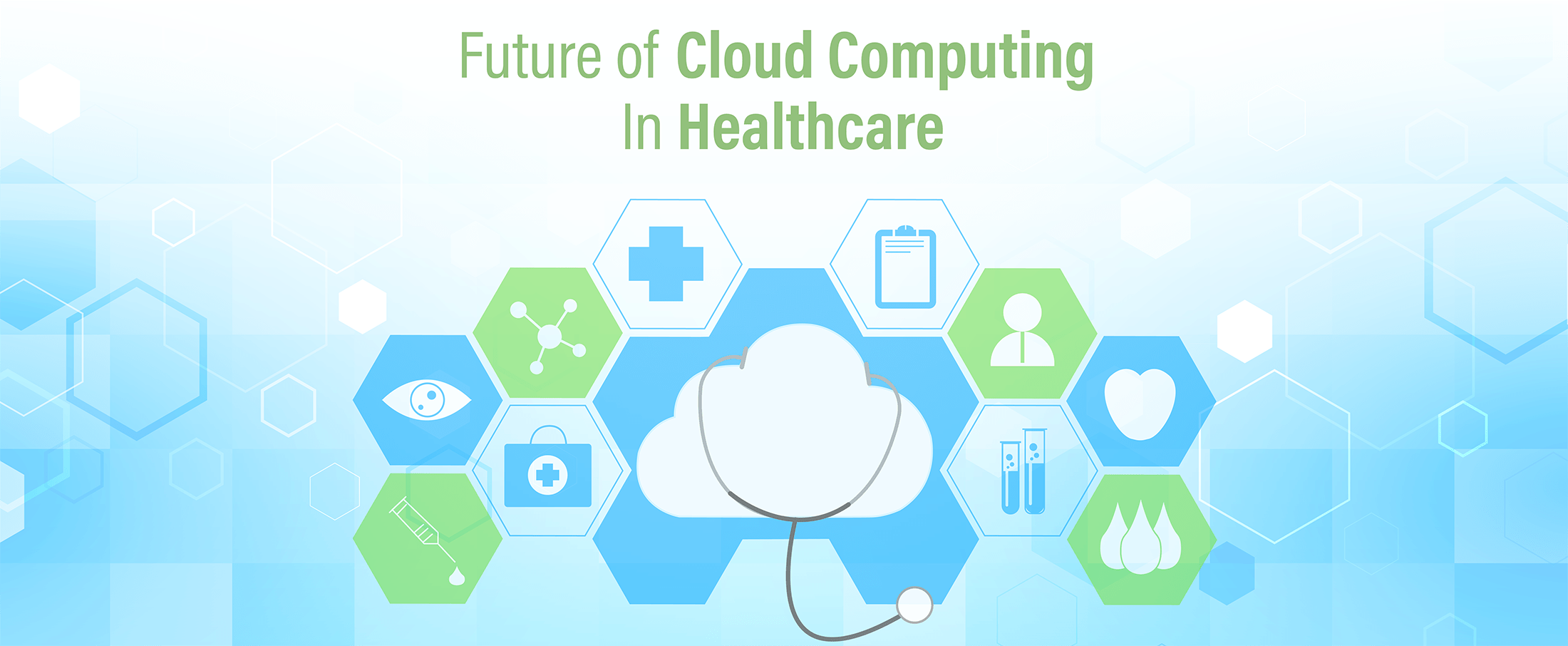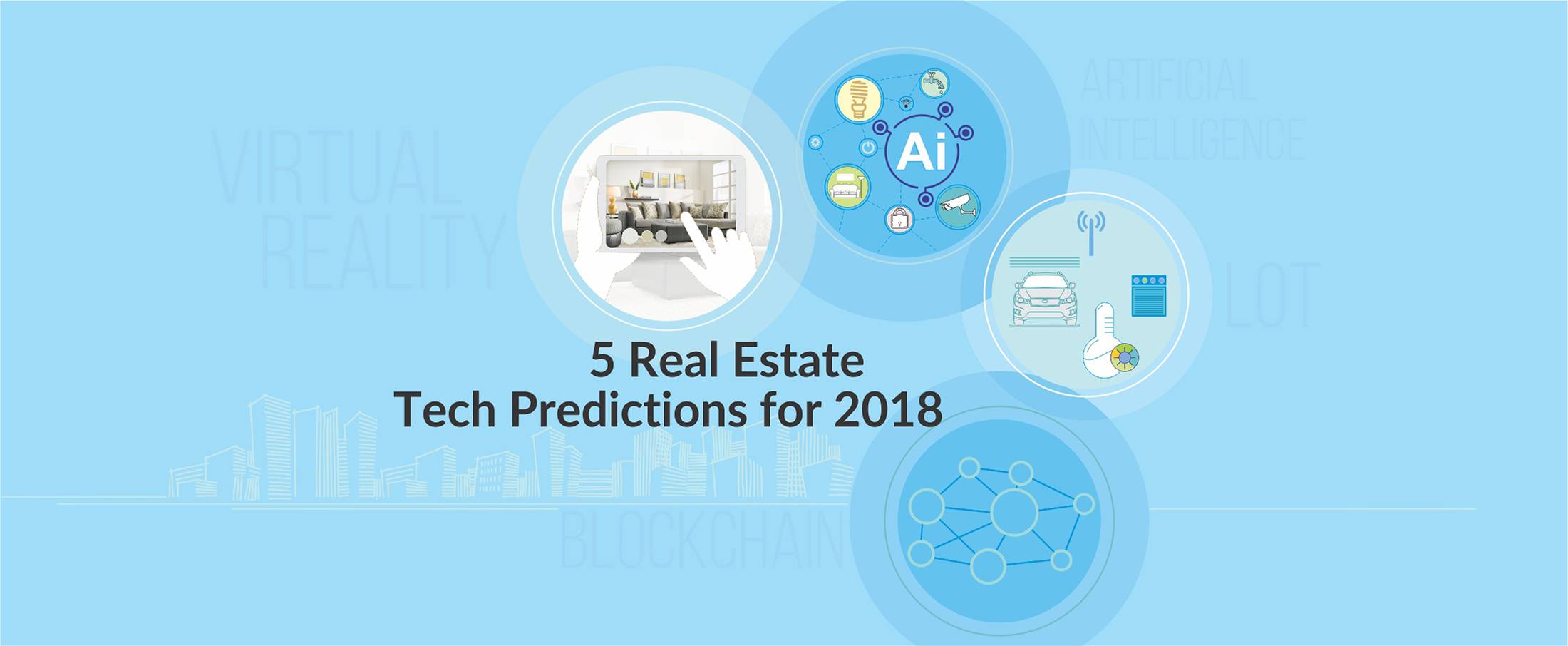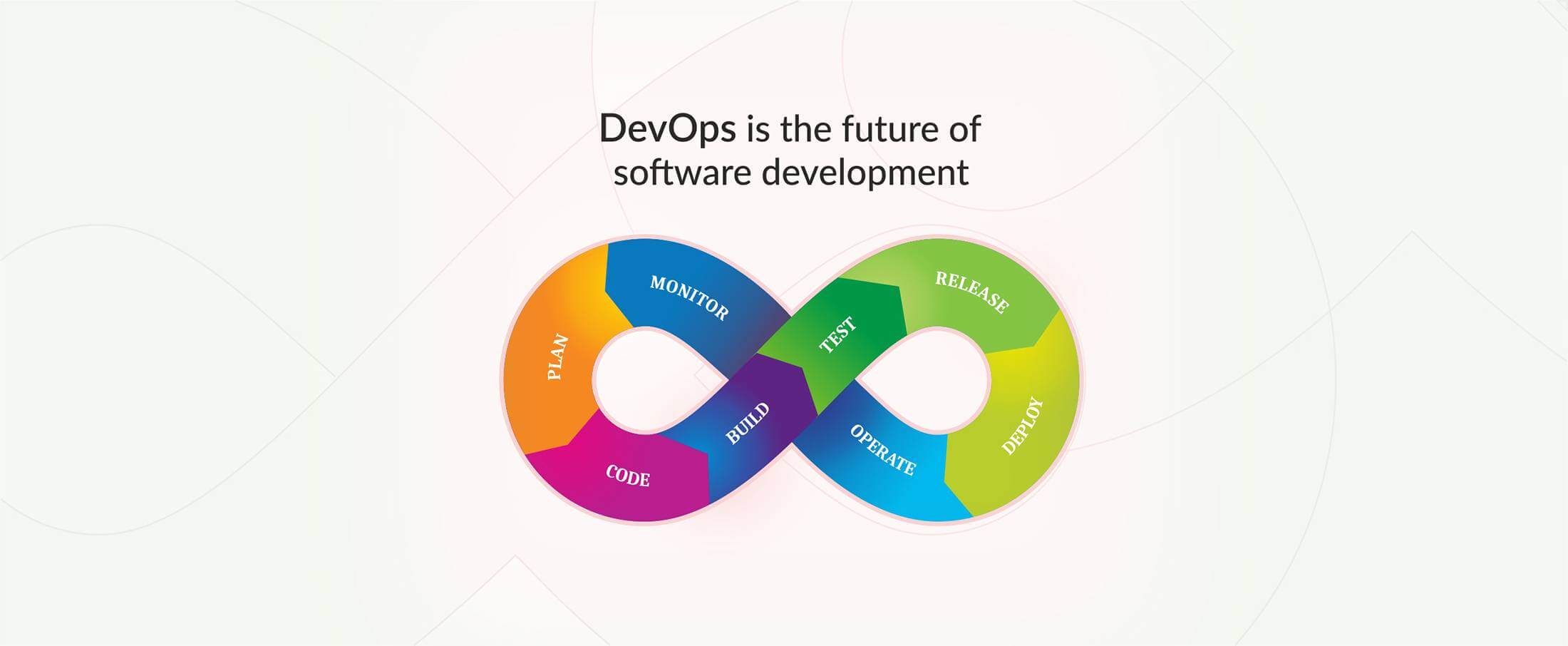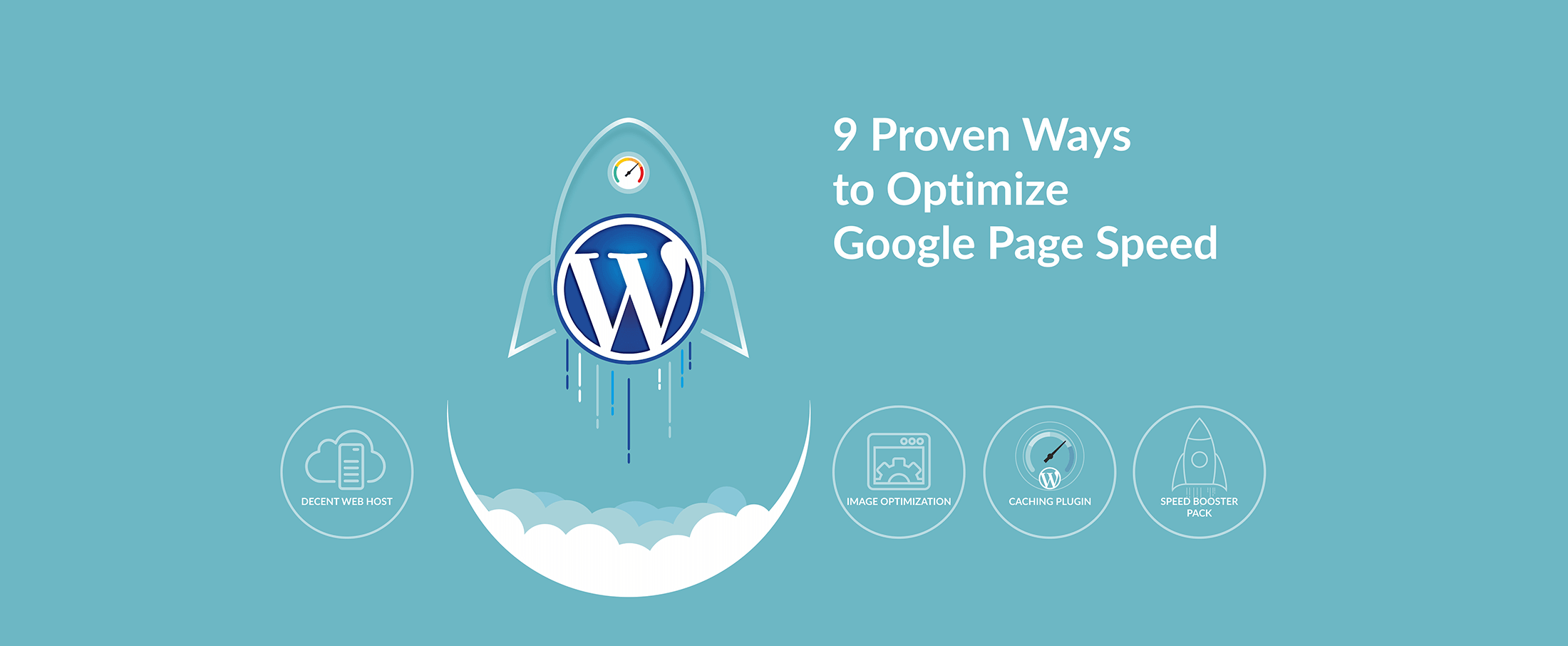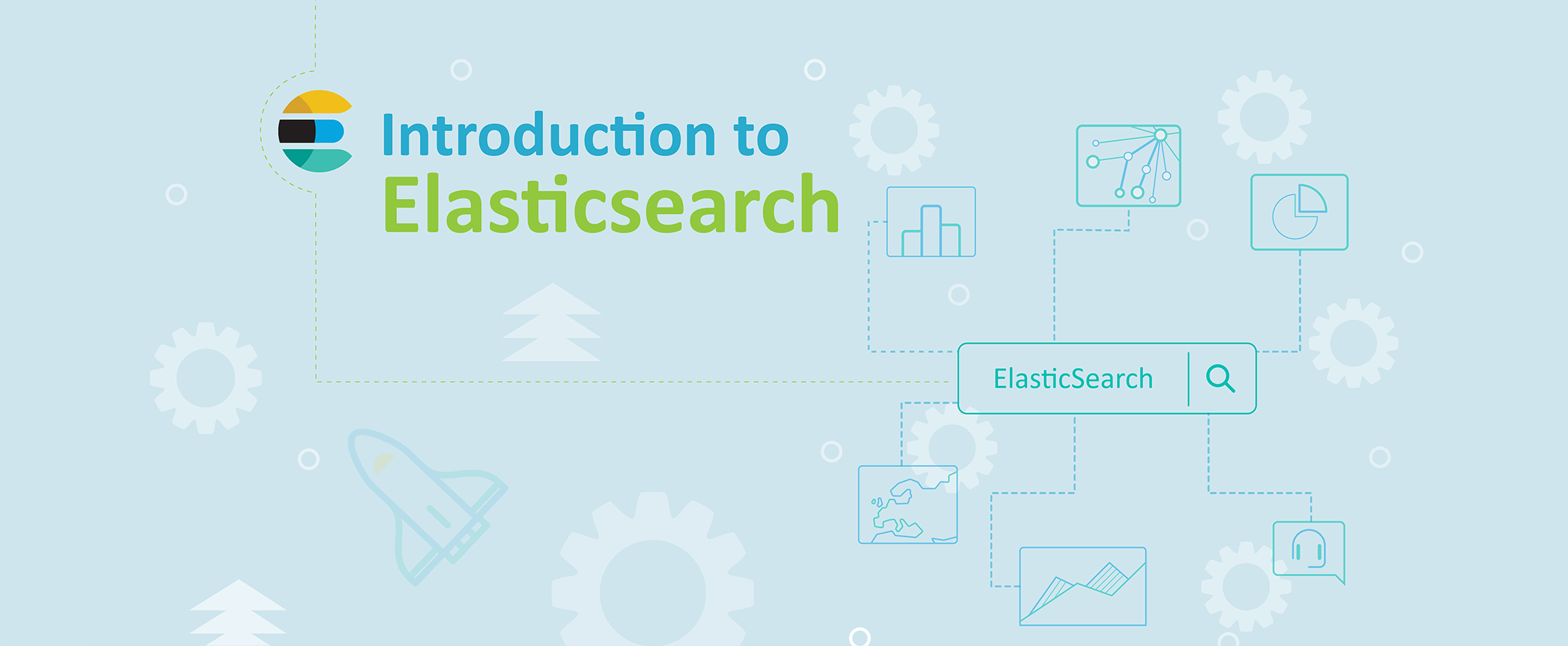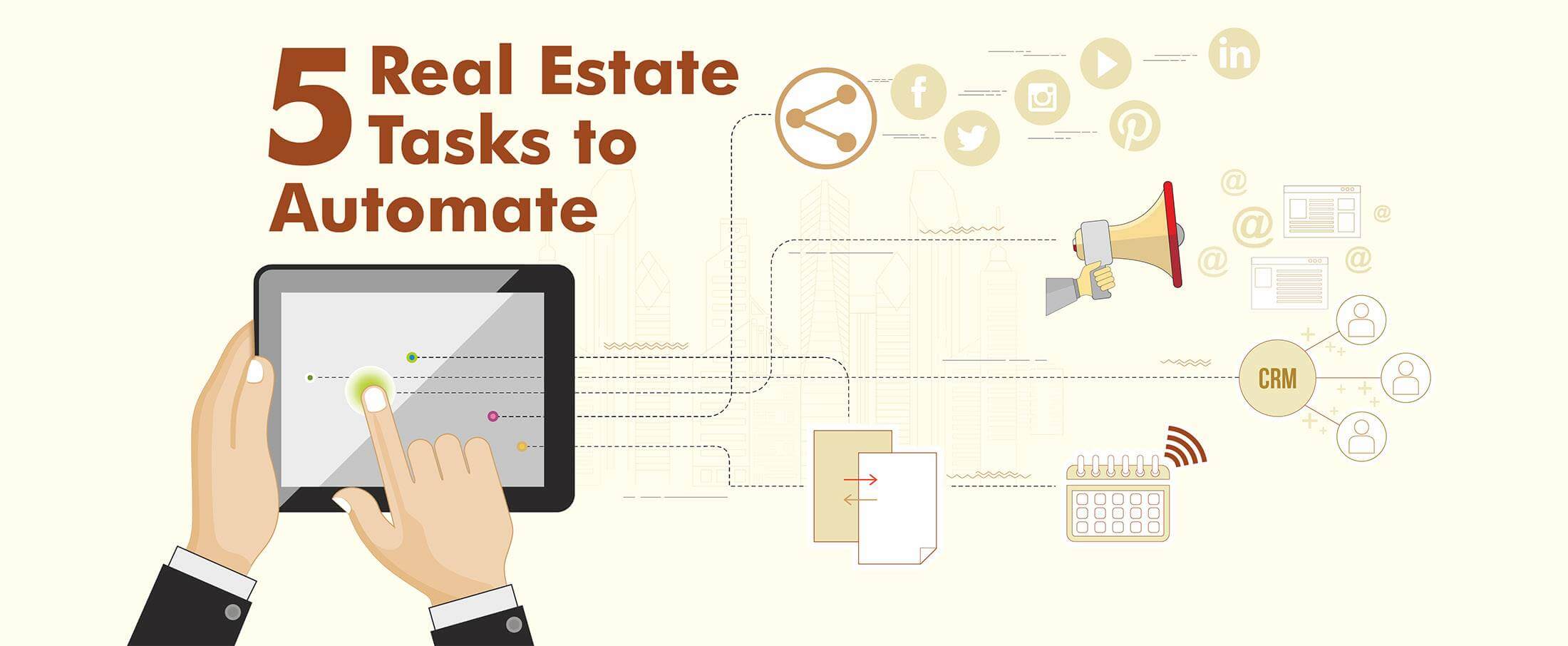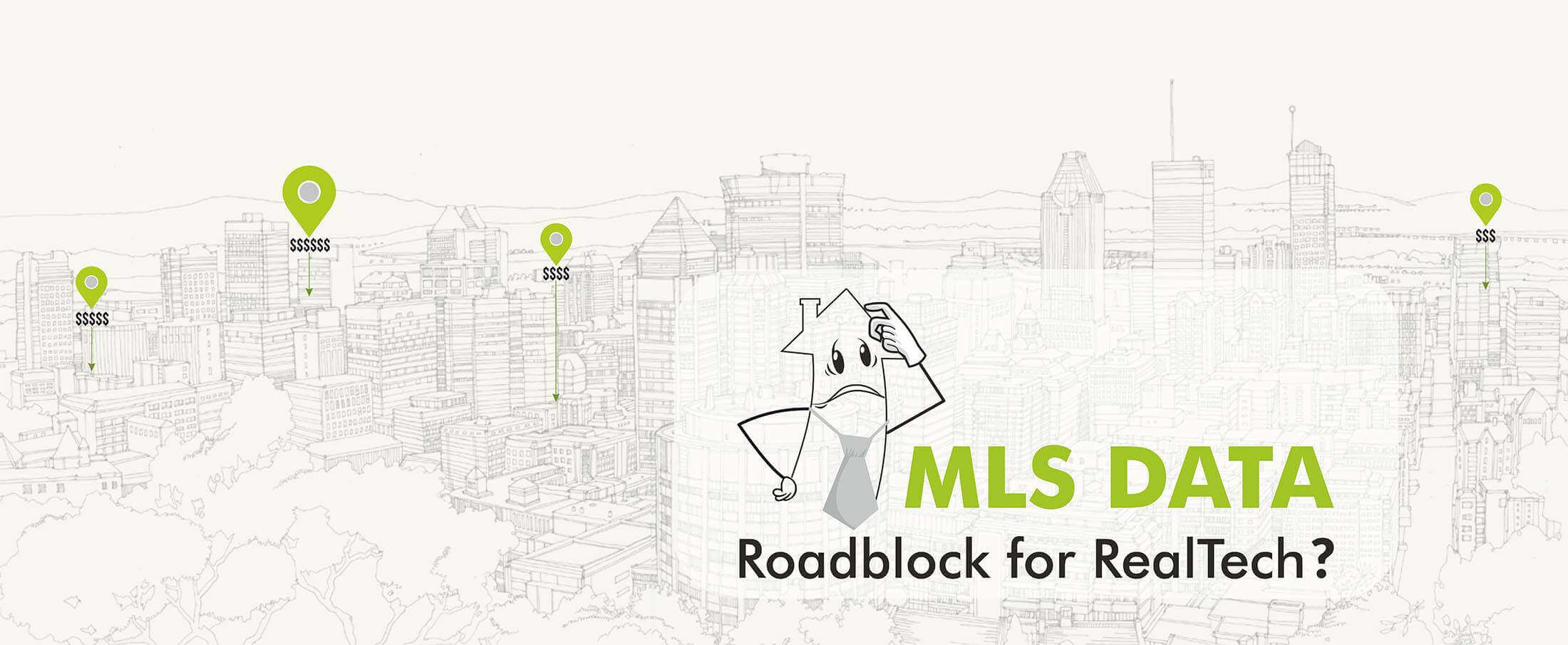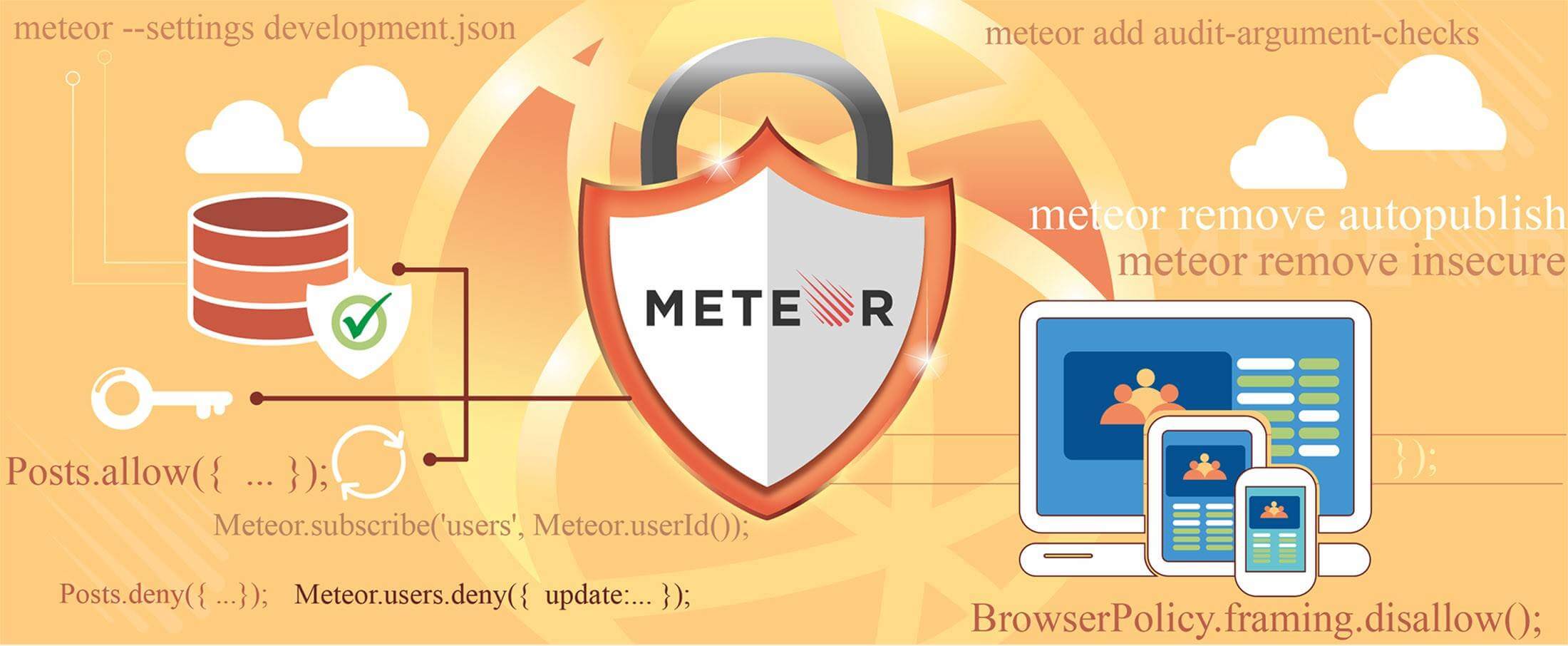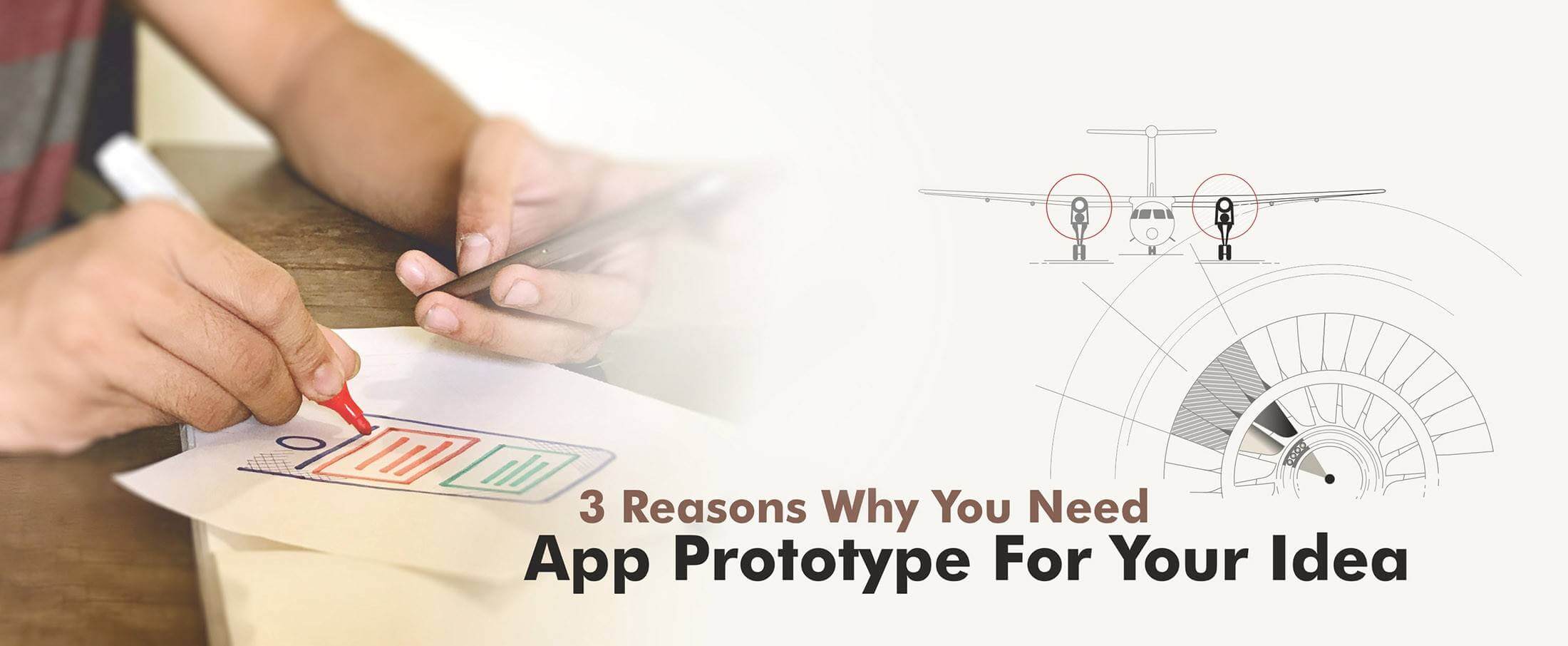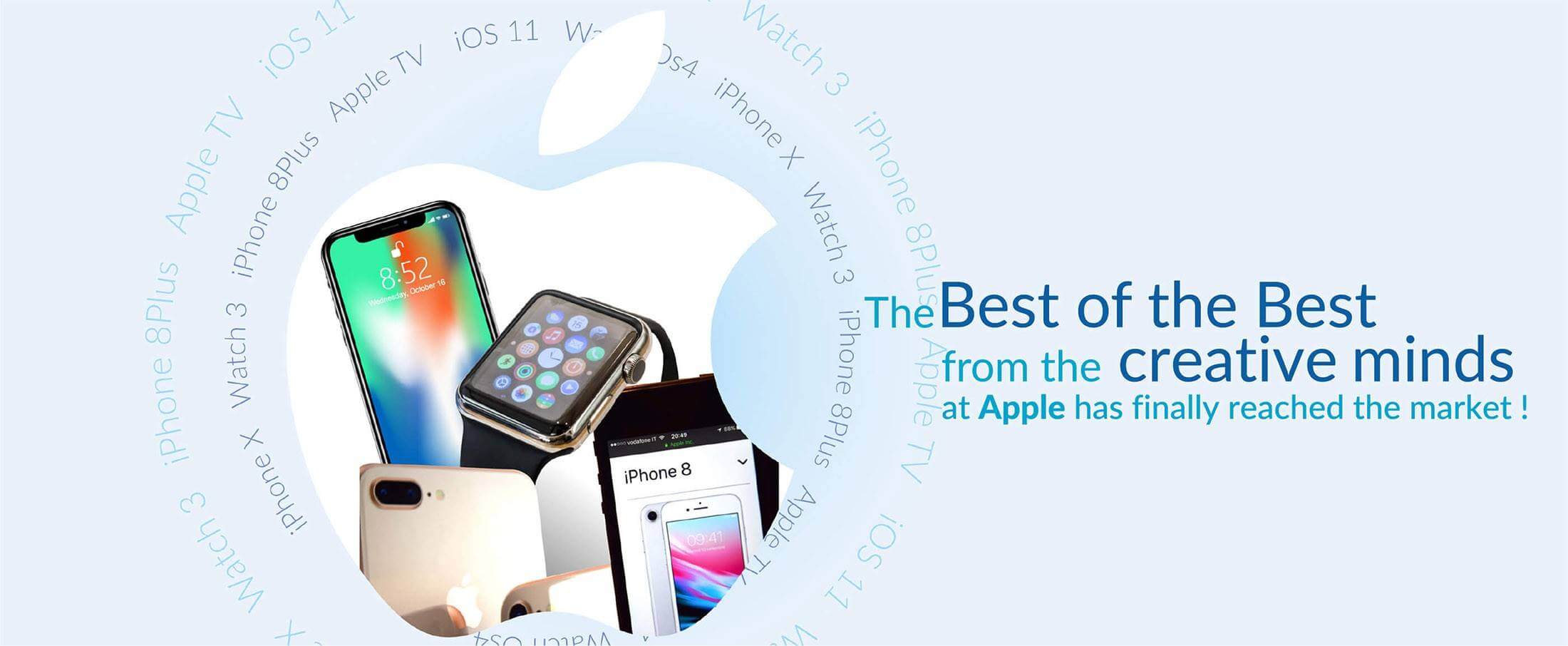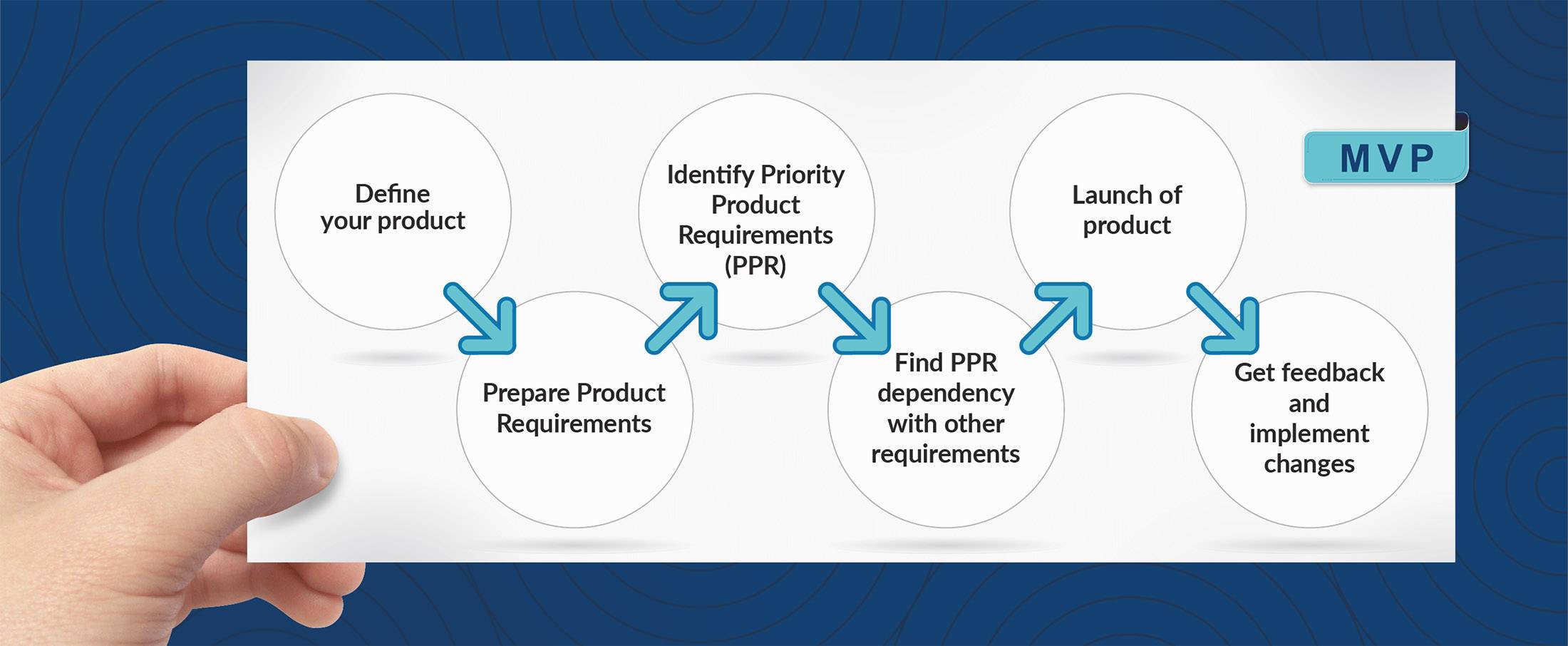EHR Interoperability: Enhancing Care Coordination
EHR Interoperability: Enhancing Care Coordination
In the realm of modern healthcare, collaboration and information sharing are pivotal. Electronic Health Records (EHR) have transformed patient care by centralizing medical information. However, for healthcare to reach its full potential, EHR interoperability is crucial. In this blog, we’ll explore the significance of EHR interoperability and its role in enhancing care coordination.
EHR Interoperability: A Game-Changer for Healthcare
Electronic Health Records have revolutionized the way healthcare professionals access and manage patient data. However, in a diverse healthcare ecosystem comprising various providers and systems, true innovation lies in the ability to seamlessly exchange information—this is where EHR interoperability comes into play.
1. Breaking Down Data Silos
EHR interoperability breaks down the data silos that have historically hindered efficient care coordination. It allows healthcare providers, regardless of their EHR system, to access and share patient data in real-time.
2. Streamlining Care Coordination
Imagine a scenario where a patient receives care from multiple specialists and primary care physicians. EHR interoperability ensures that each healthcare professional can view the patient’s complete medical history, from lab results to medication lists, in one unified record. This streamlines care coordination and reduces the risk of errors.
3. Reducing Duplication of Tests
Interoperable EHR systems enable healthcare providers to view test results and diagnostic reports from previous encounters. This reduces the need for duplicate tests, not only saving time and resources but also minimizing patient discomfort.
4. Enhancing Patient Engagement
Patients can benefit from EHR interoperability as well. Access to their own medical records empowers them to actively participate in their healthcare decisions. They can share their data with specialists and other caregivers easily, ensuring that everyone is on the same page.
5. Supporting Timely Decision-Making
In emergency situations, quick access to patient data can be a matter of life and death. Interoperability ensures that crucial information is readily available to inform timely decisions, particularly in critical care settings.
6. Enabling Population Health Management
EHR interoperability aids in population health management by aggregating and analyzing data from diverse sources. This allows healthcare organizations to identify trends, track disease outbreaks, and proactively address public health issues.
7. Adherence to Standards
Interoperability standards, such as HL7 and FHIR, play a significant role in ensuring the seamless exchange of EHR data. Adherence to these standards is essential for successful implementation.
8. Future-Proofing Healthcare
As healthcare continues to evolve, interoperability is essential for the integration of emerging technologies like telemedicine, artificial intelligence, and remote monitoring. These technologies rely on access to comprehensive patient data.
Conclusion: A Connected Future for Healthcare
EHR interoperability isn’t just a technological achievement; it’s a fundamental shift in how healthcare is delivered. By enhancing care coordination, reducing duplication of efforts, and improving patient engagement, it paves the way for a more efficient and effective healthcare system. As healthcare providers and systems continue to adopt interoperable EHR solutions, patients stand to benefit from more coordinated, informed, and personalized care
- EHR
- Healthcare
Makarand Deshpande
20 November 2023
